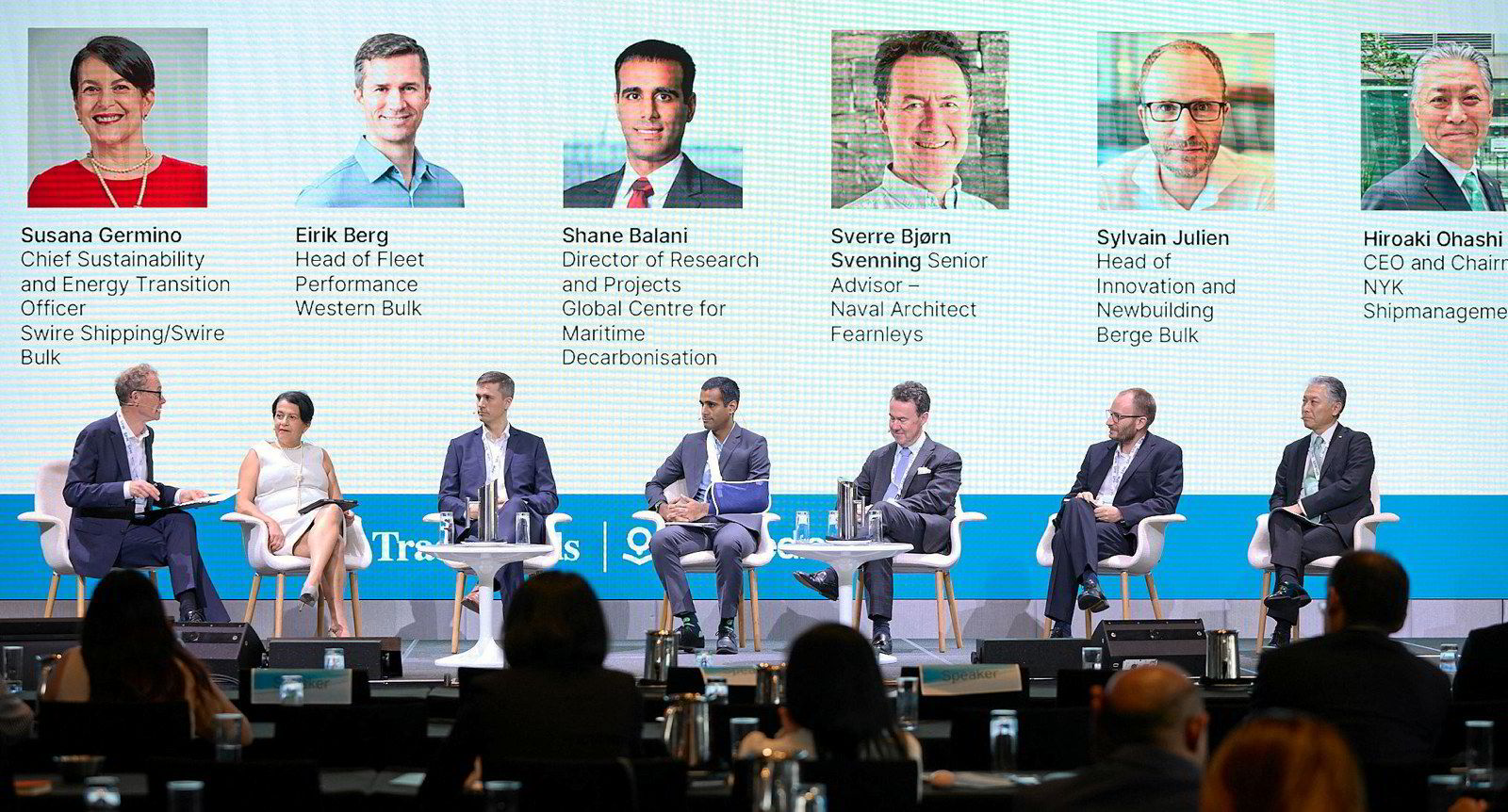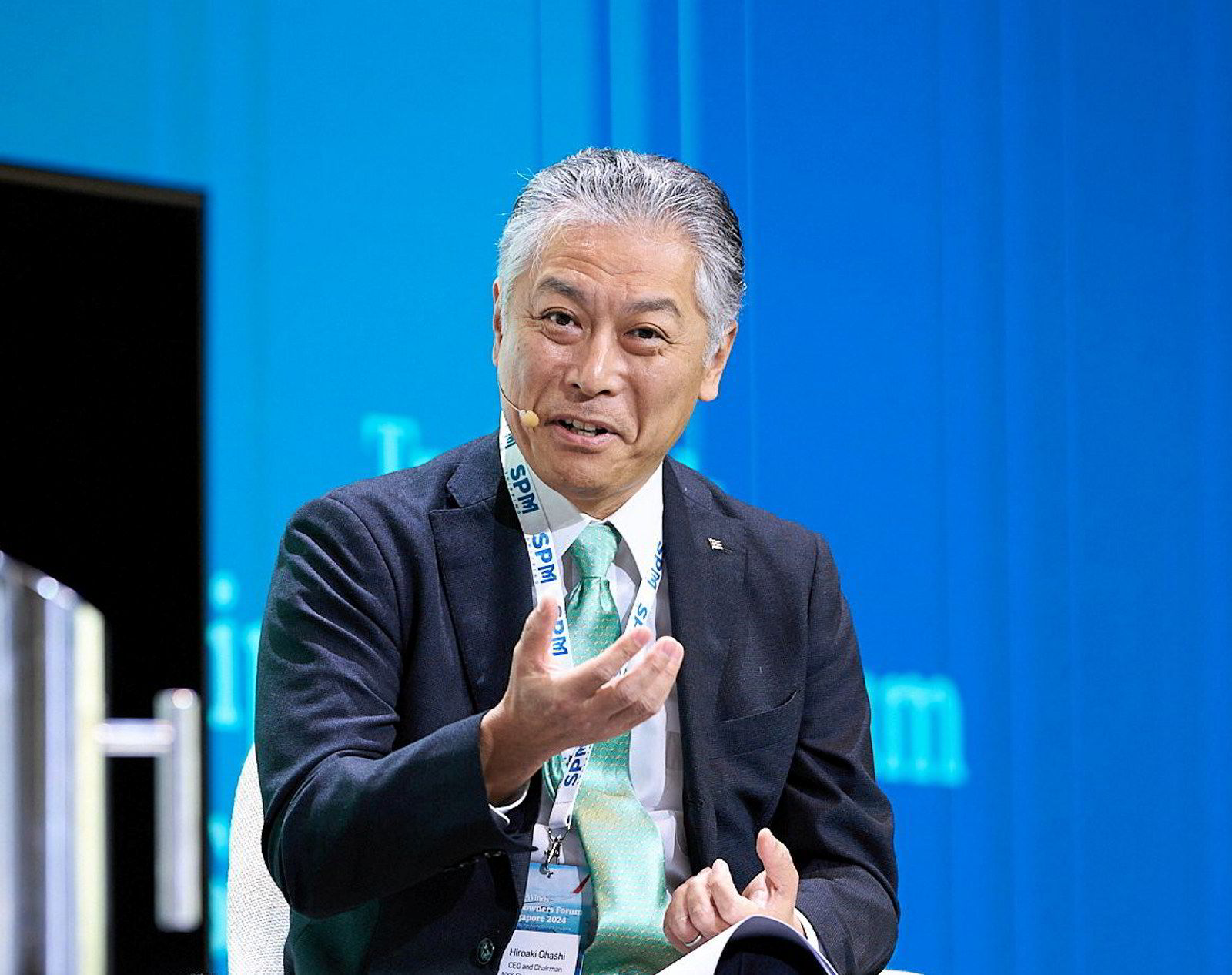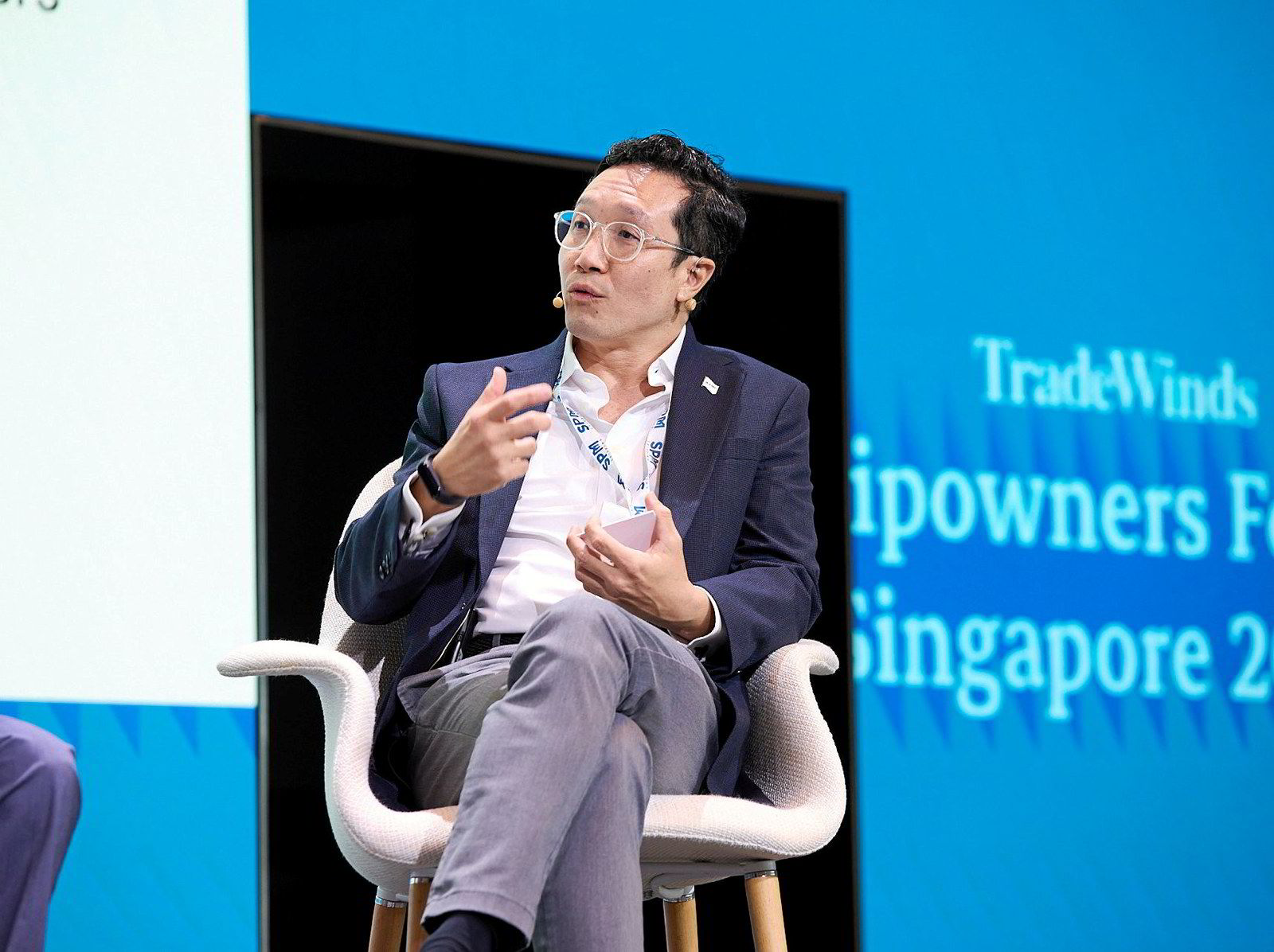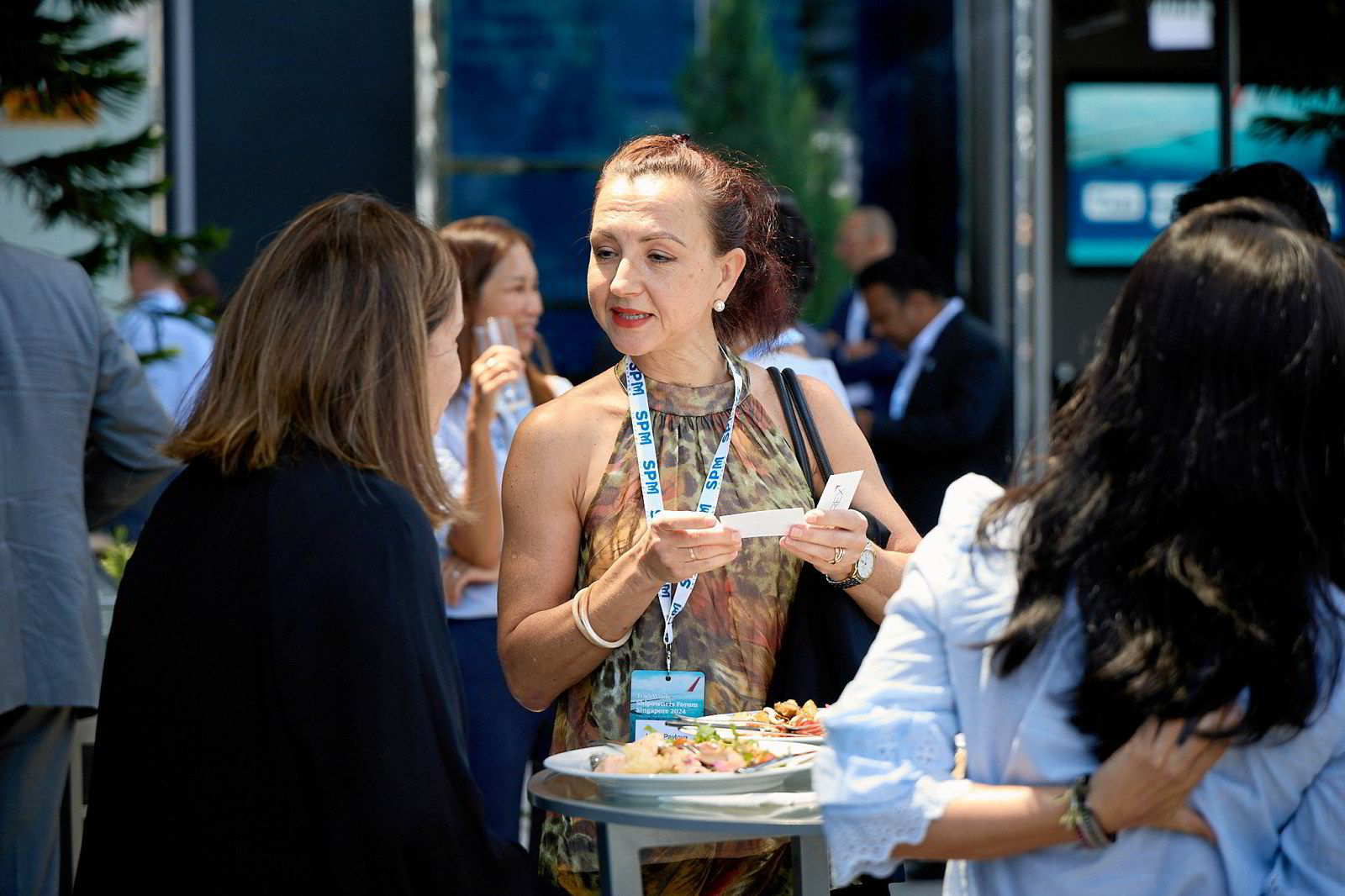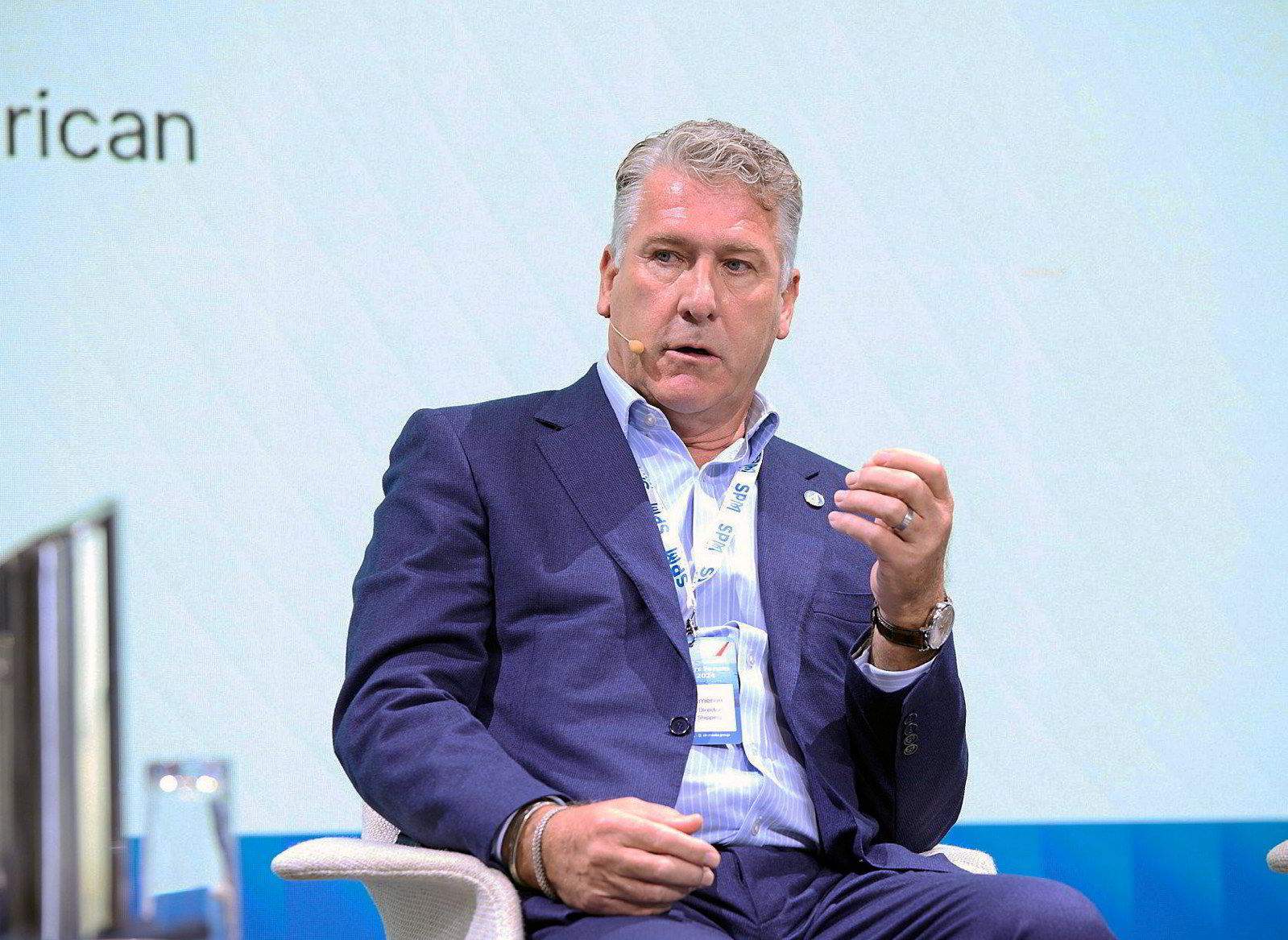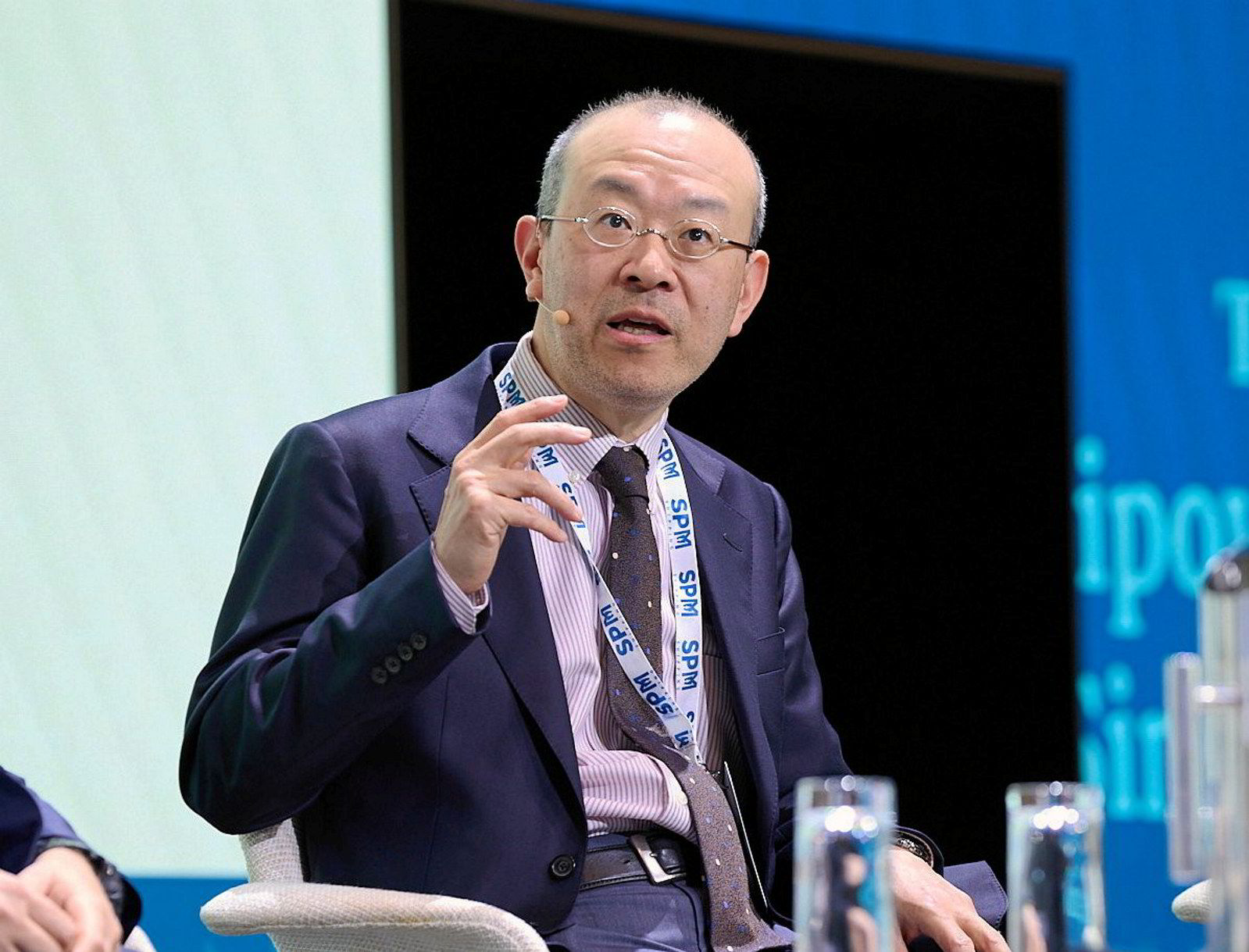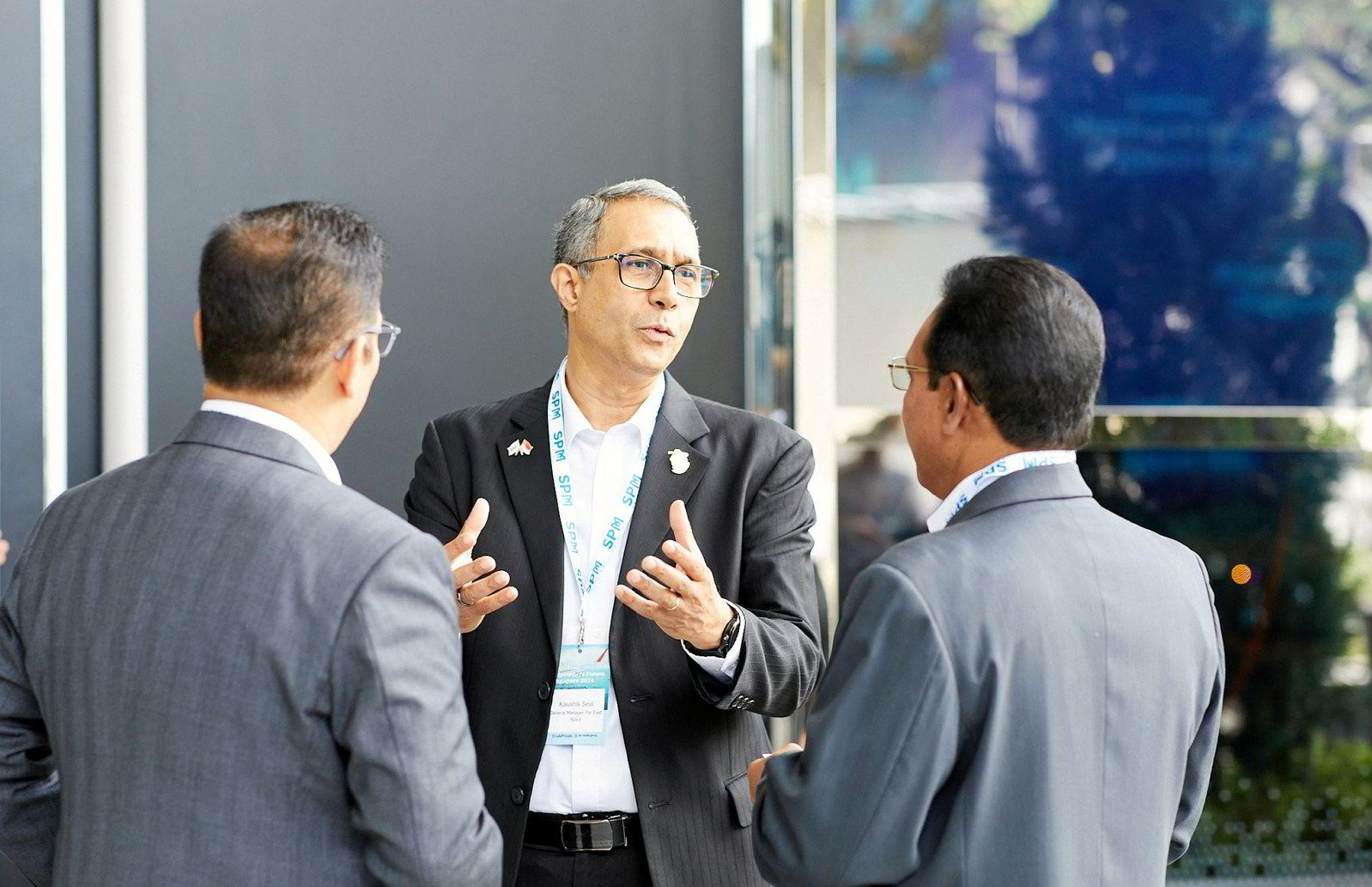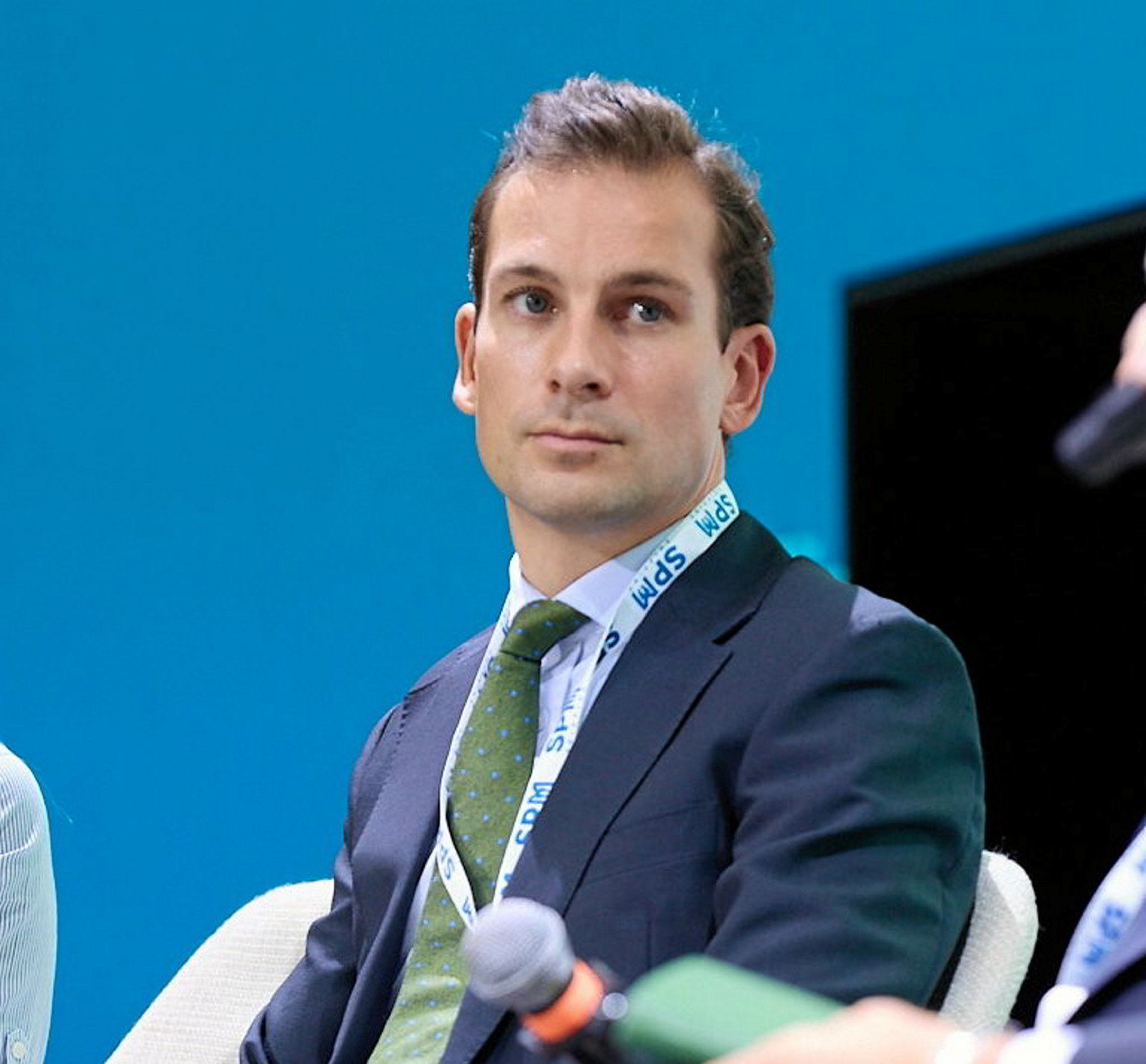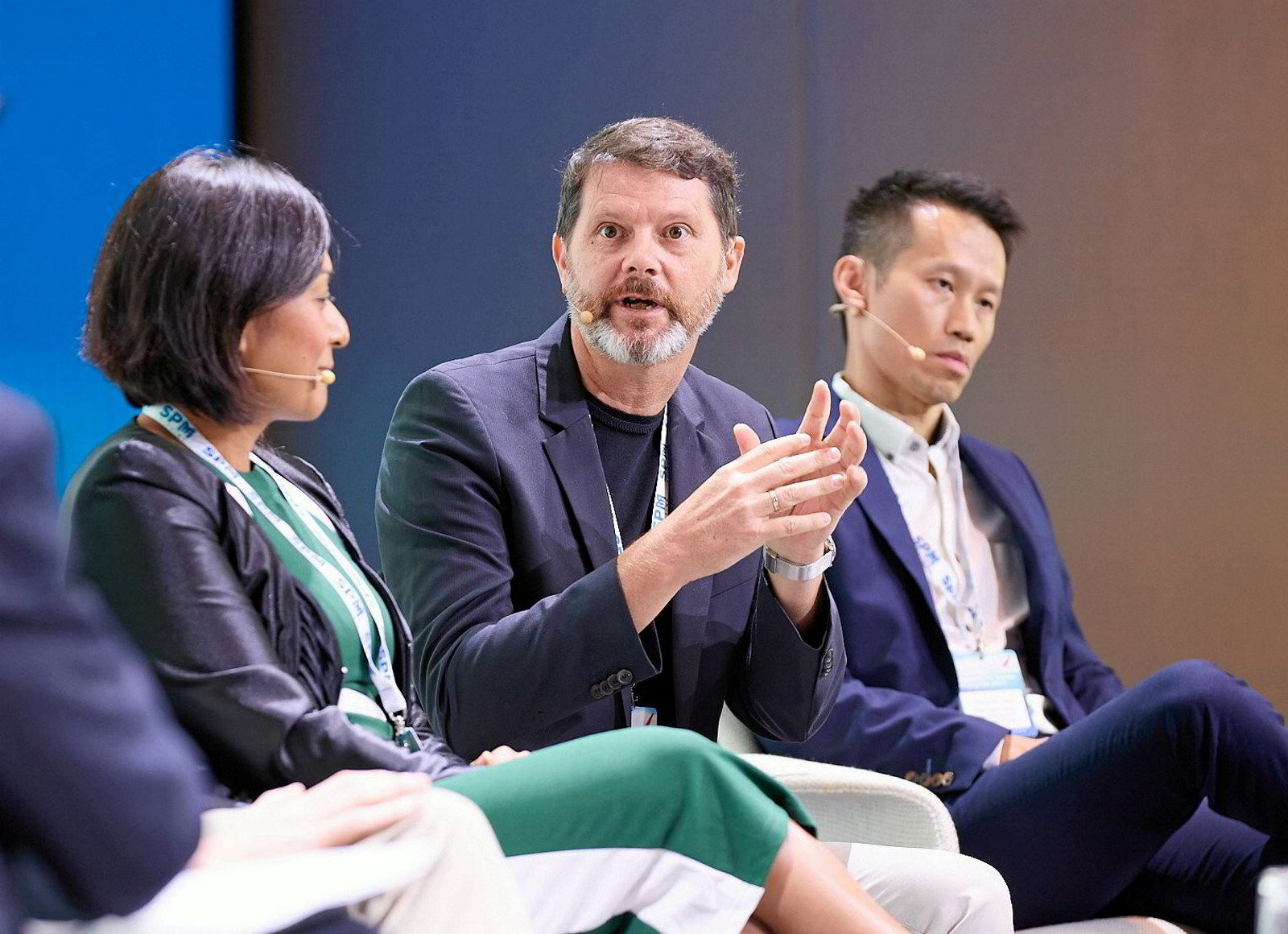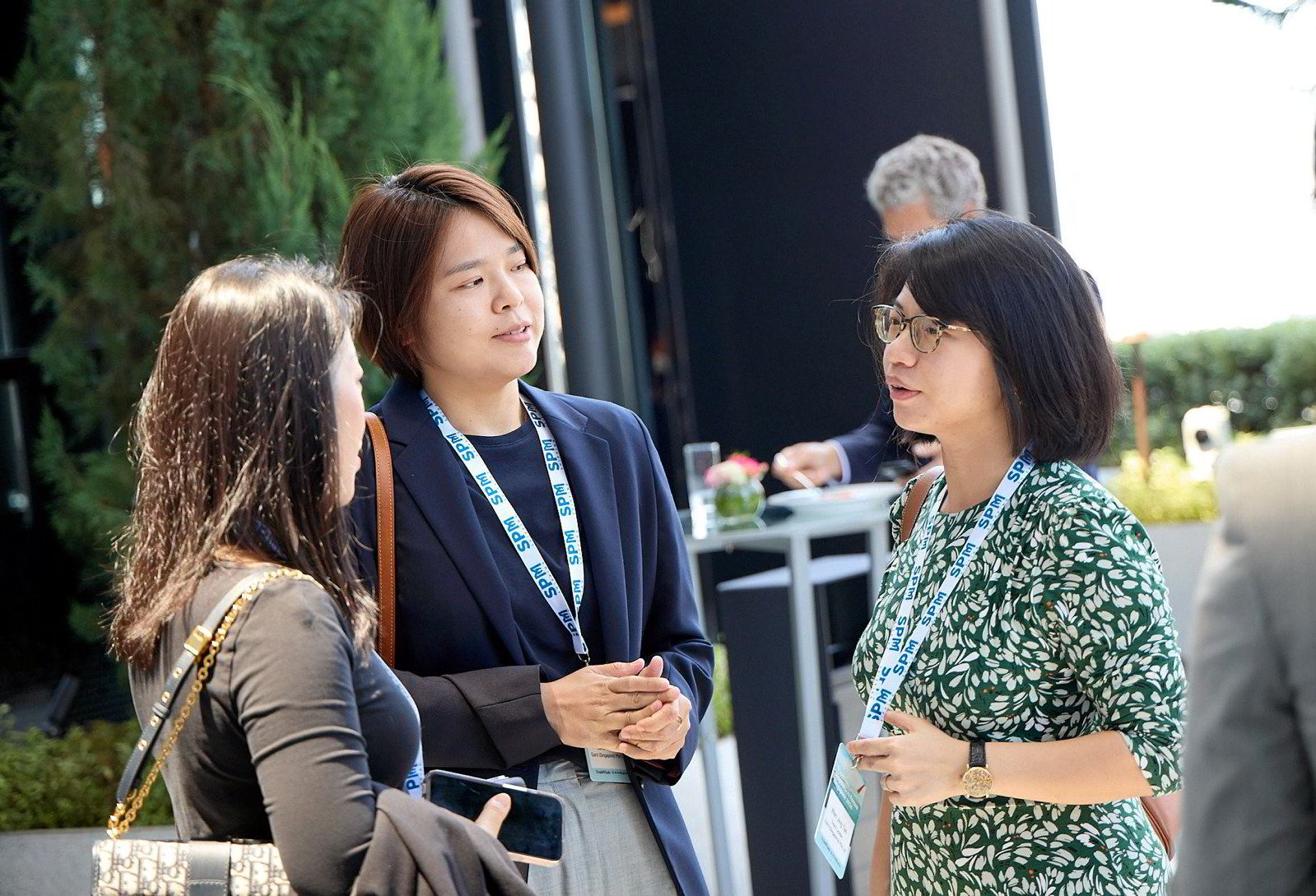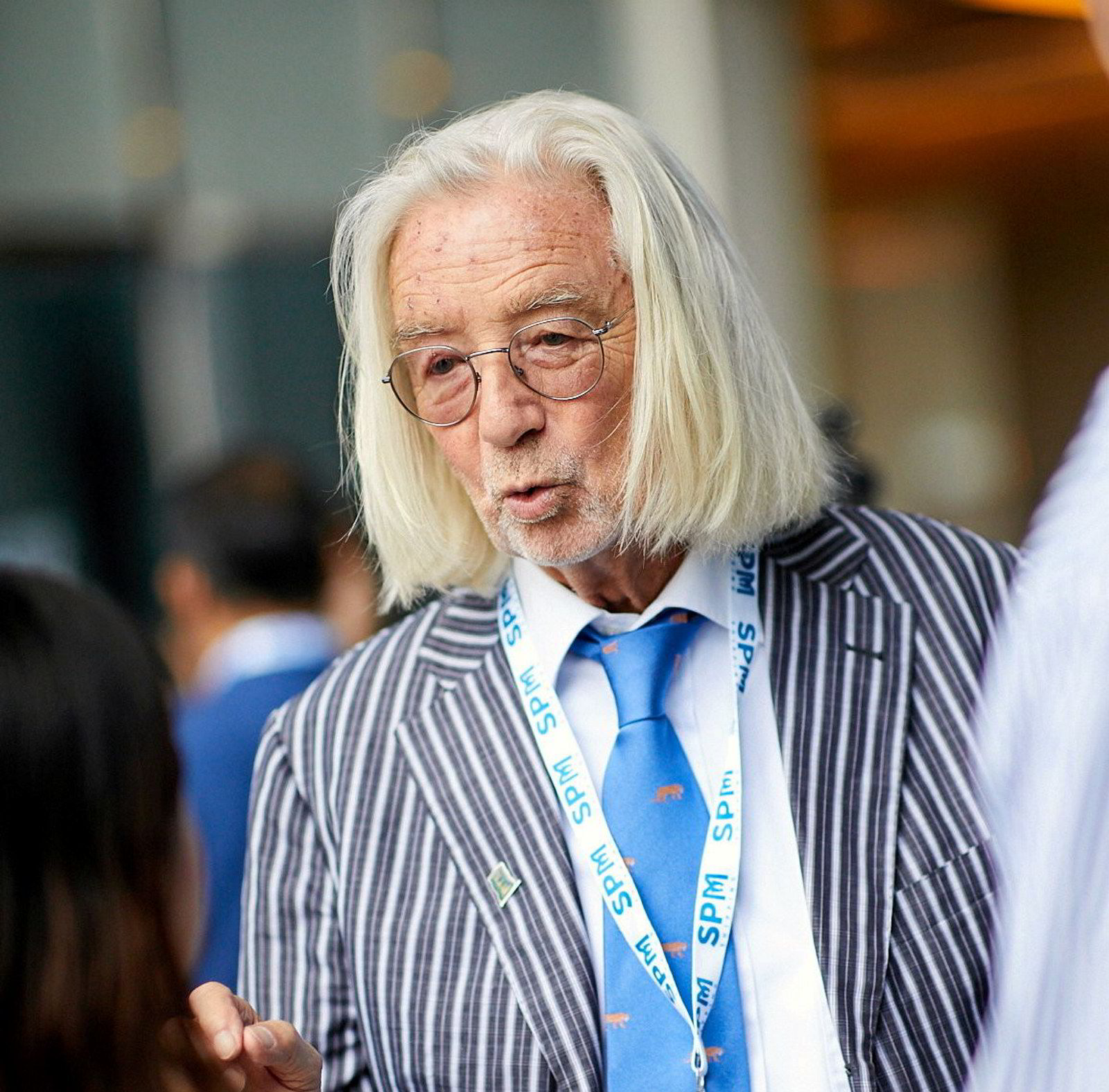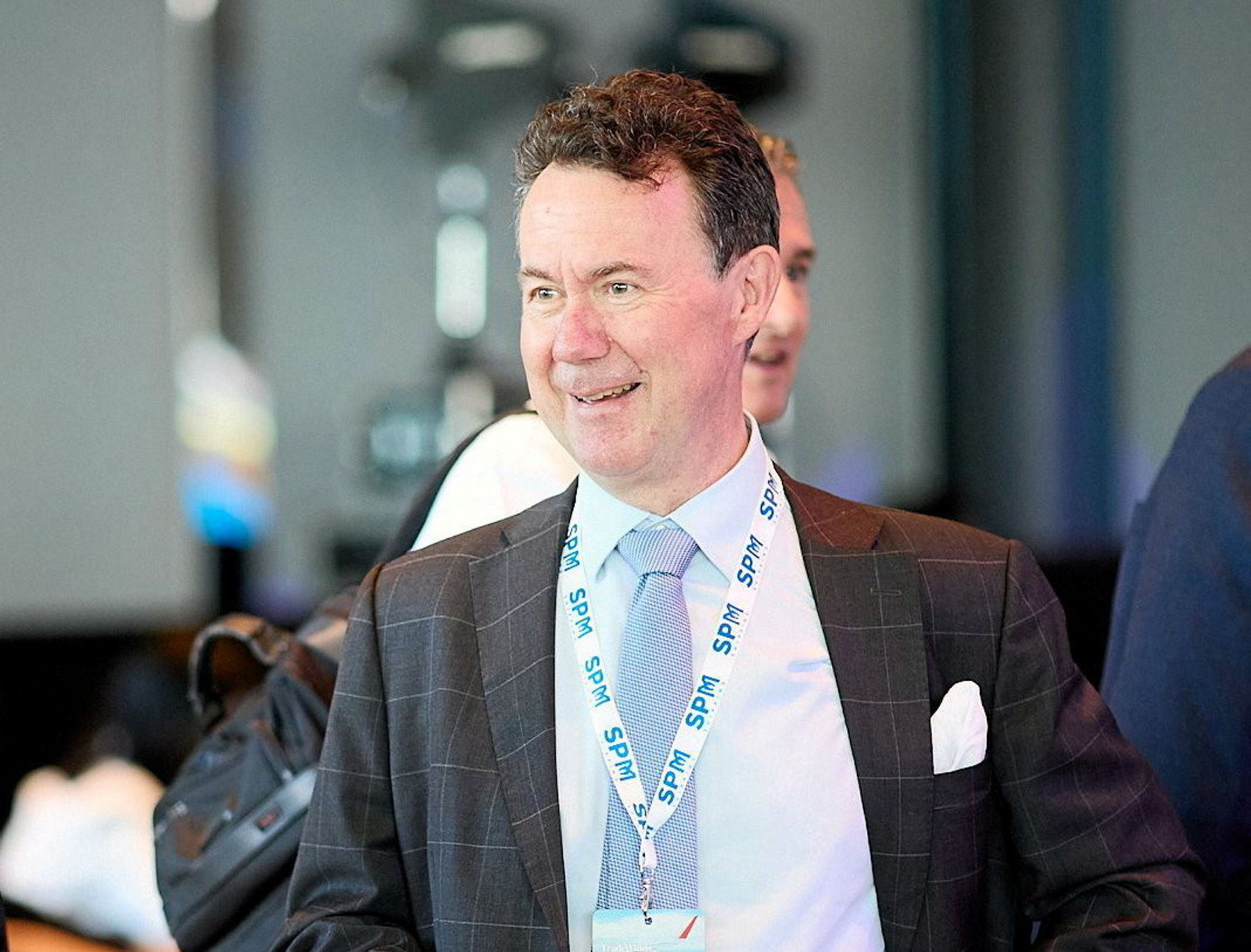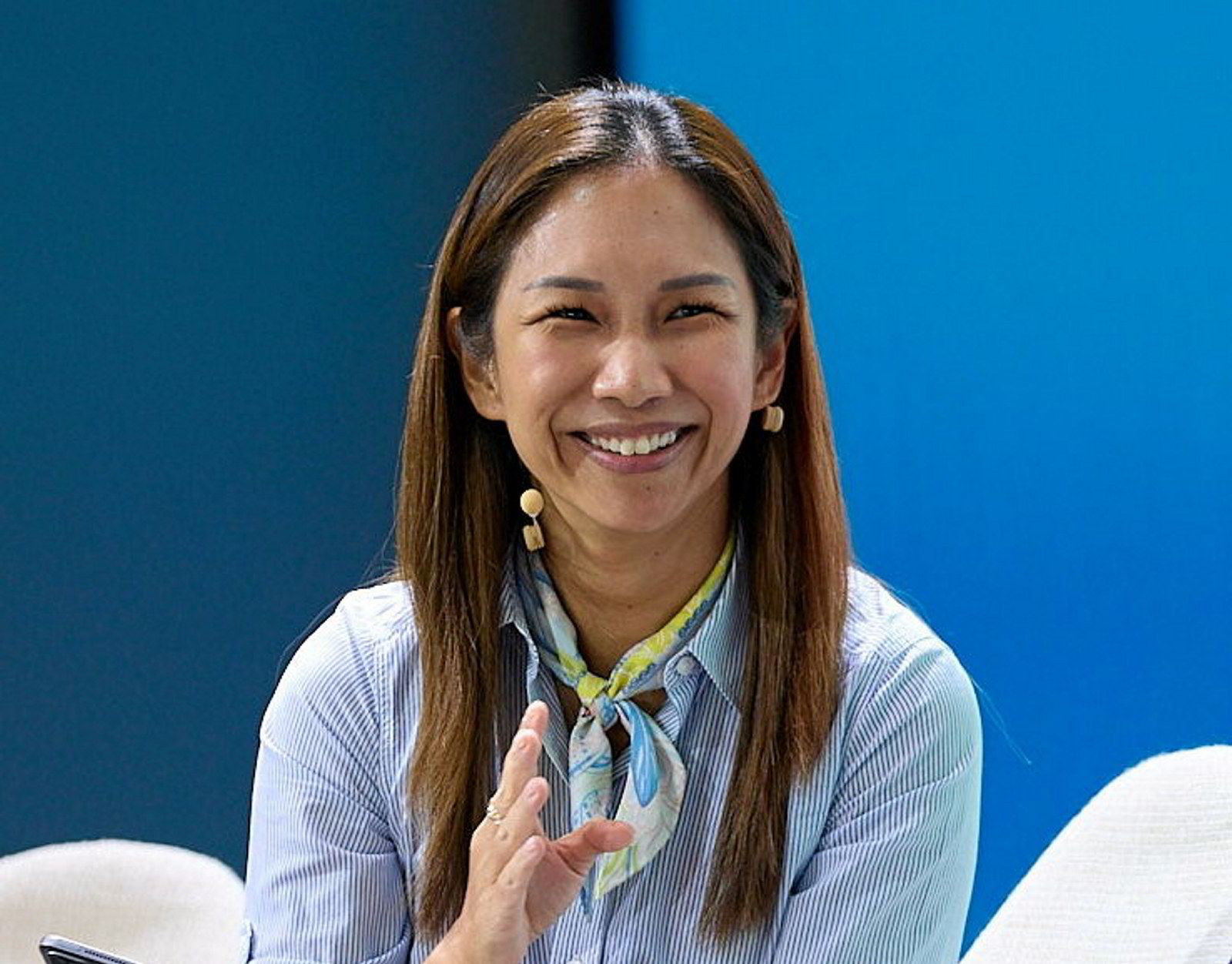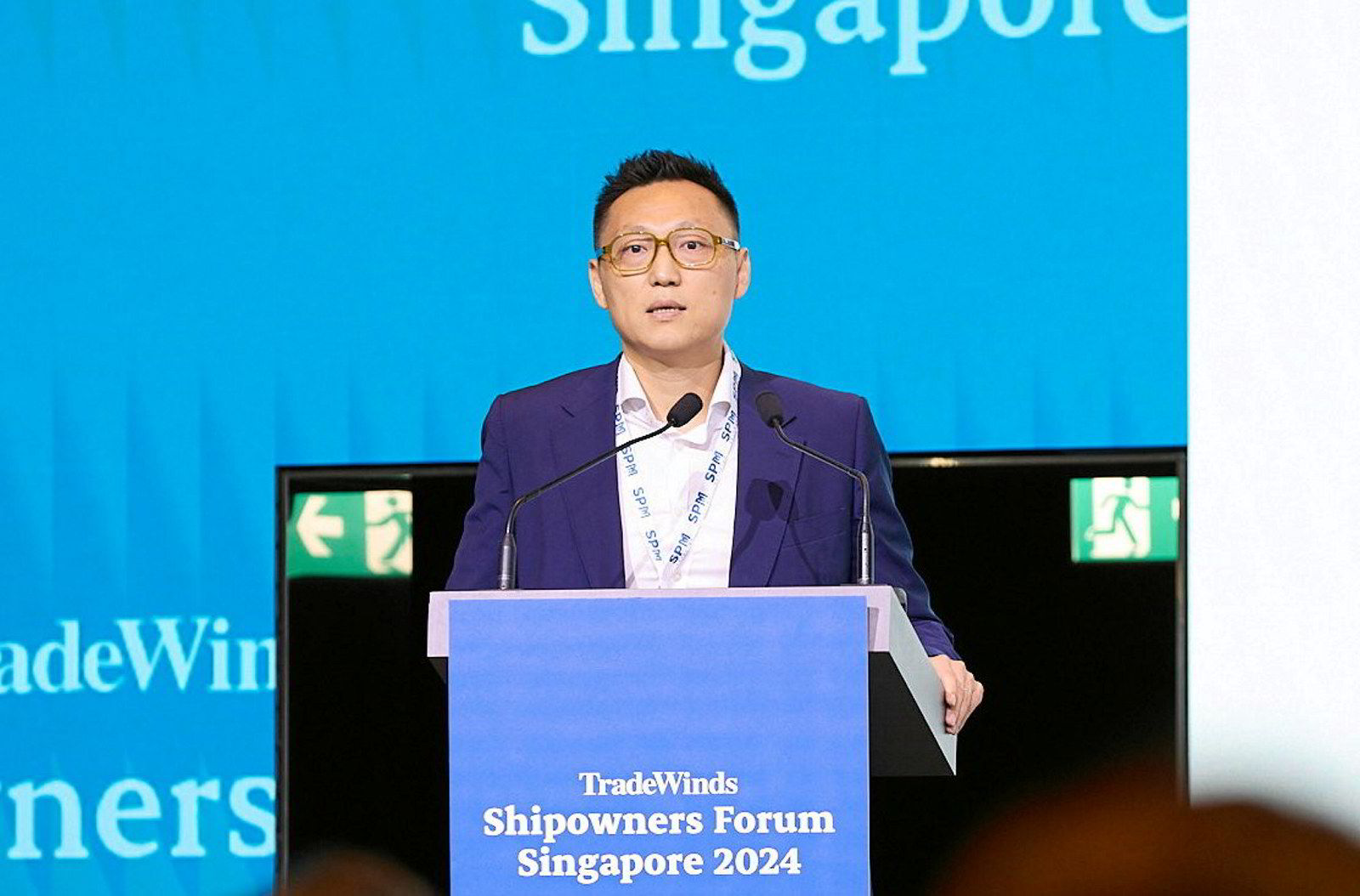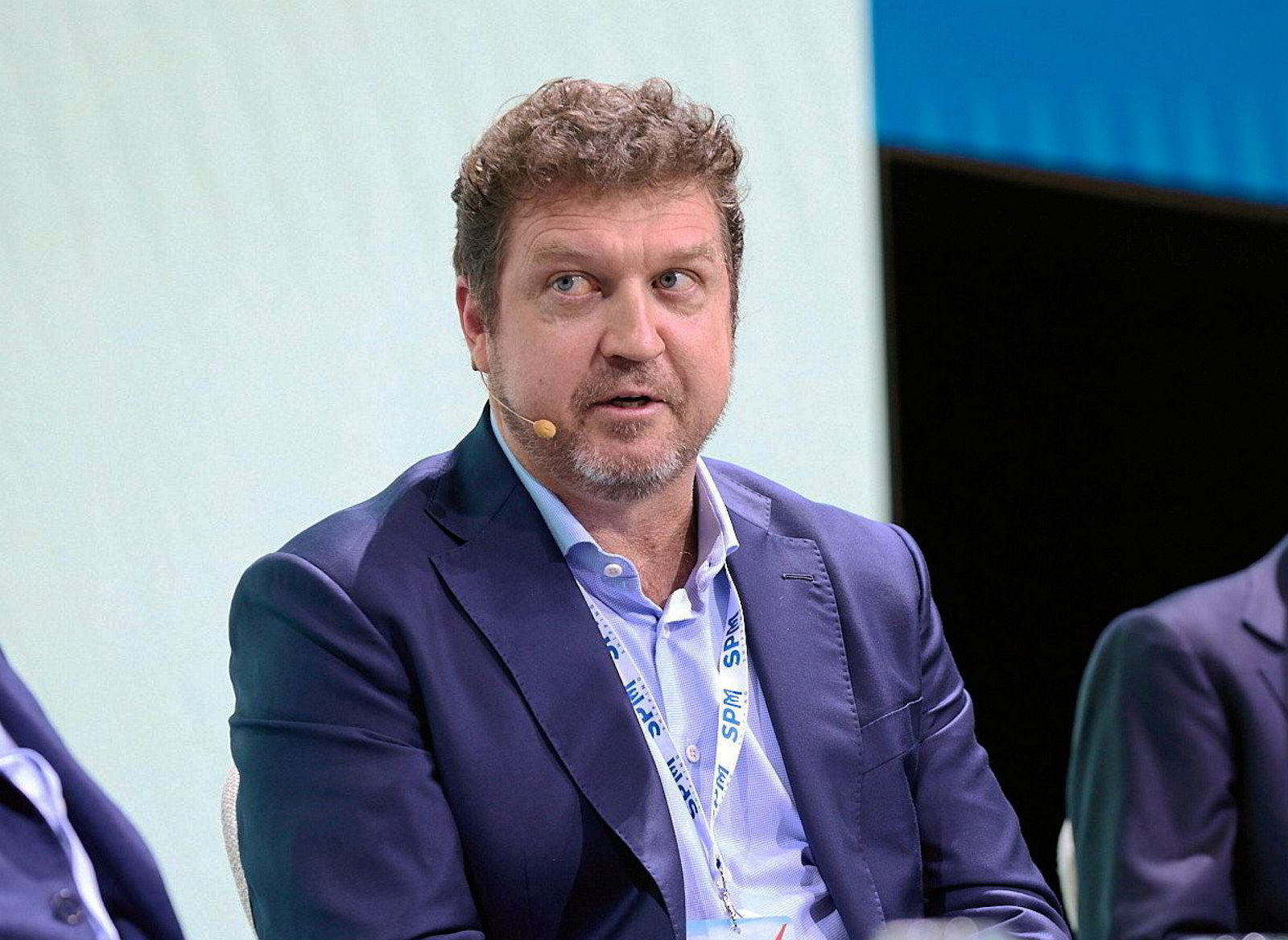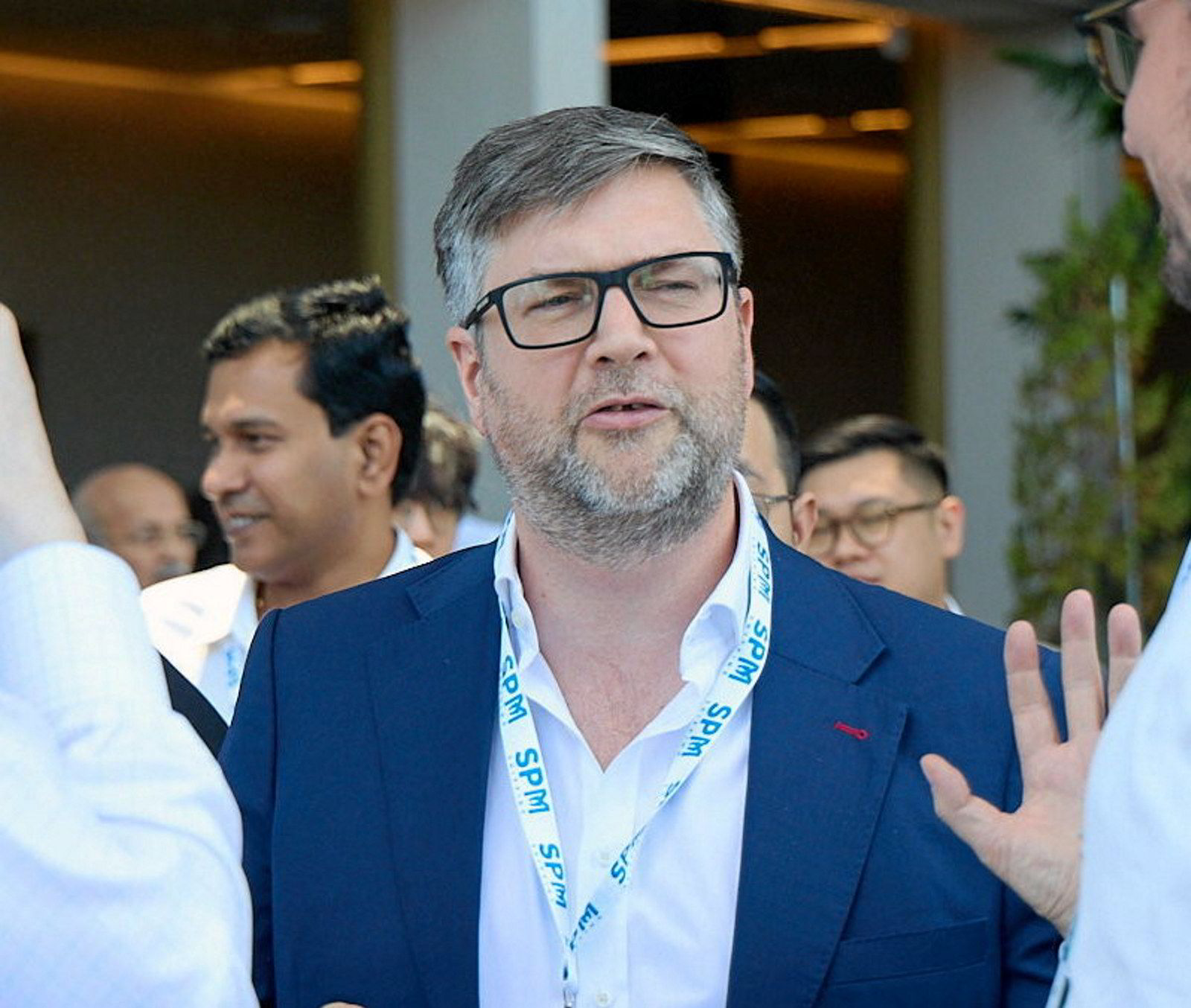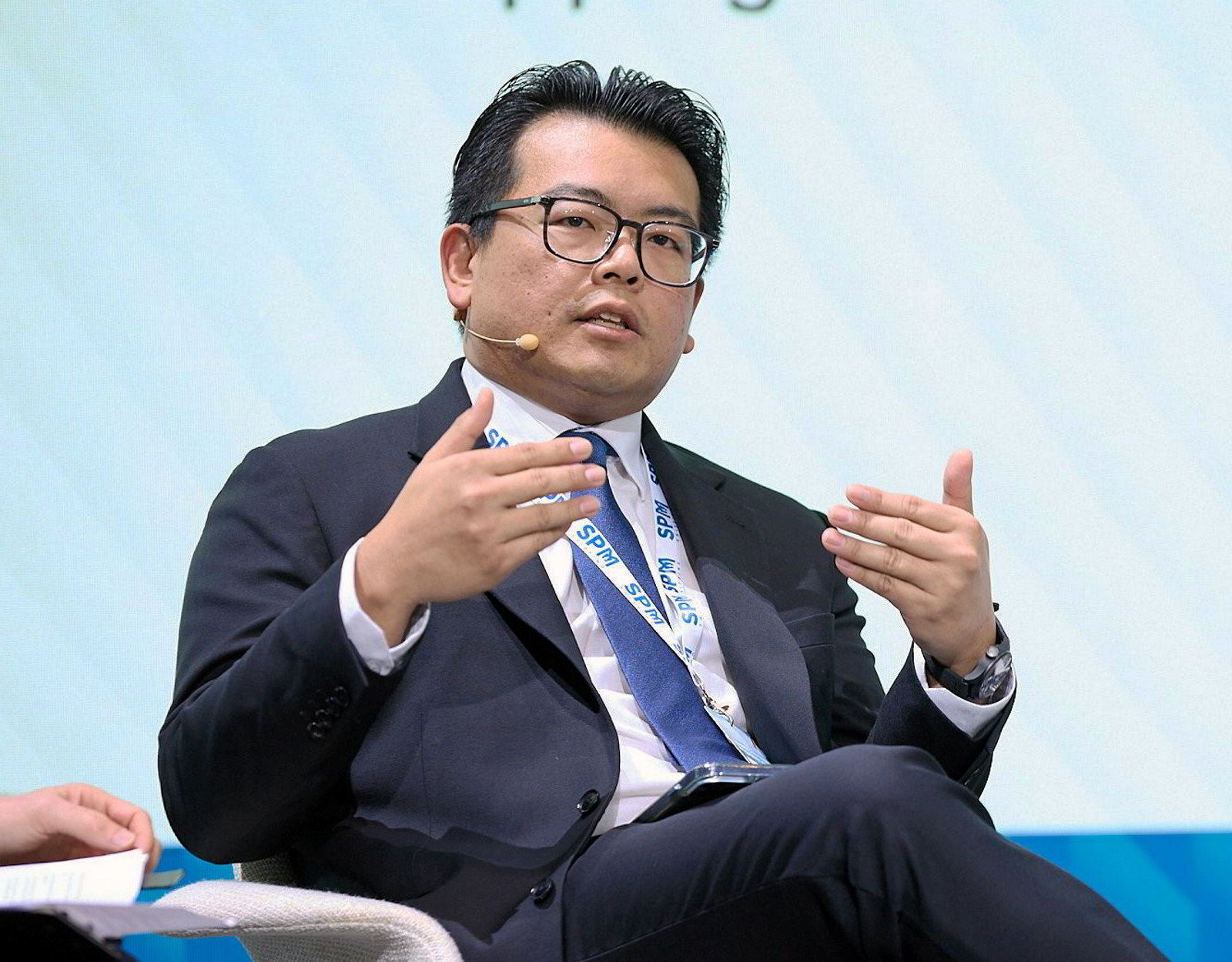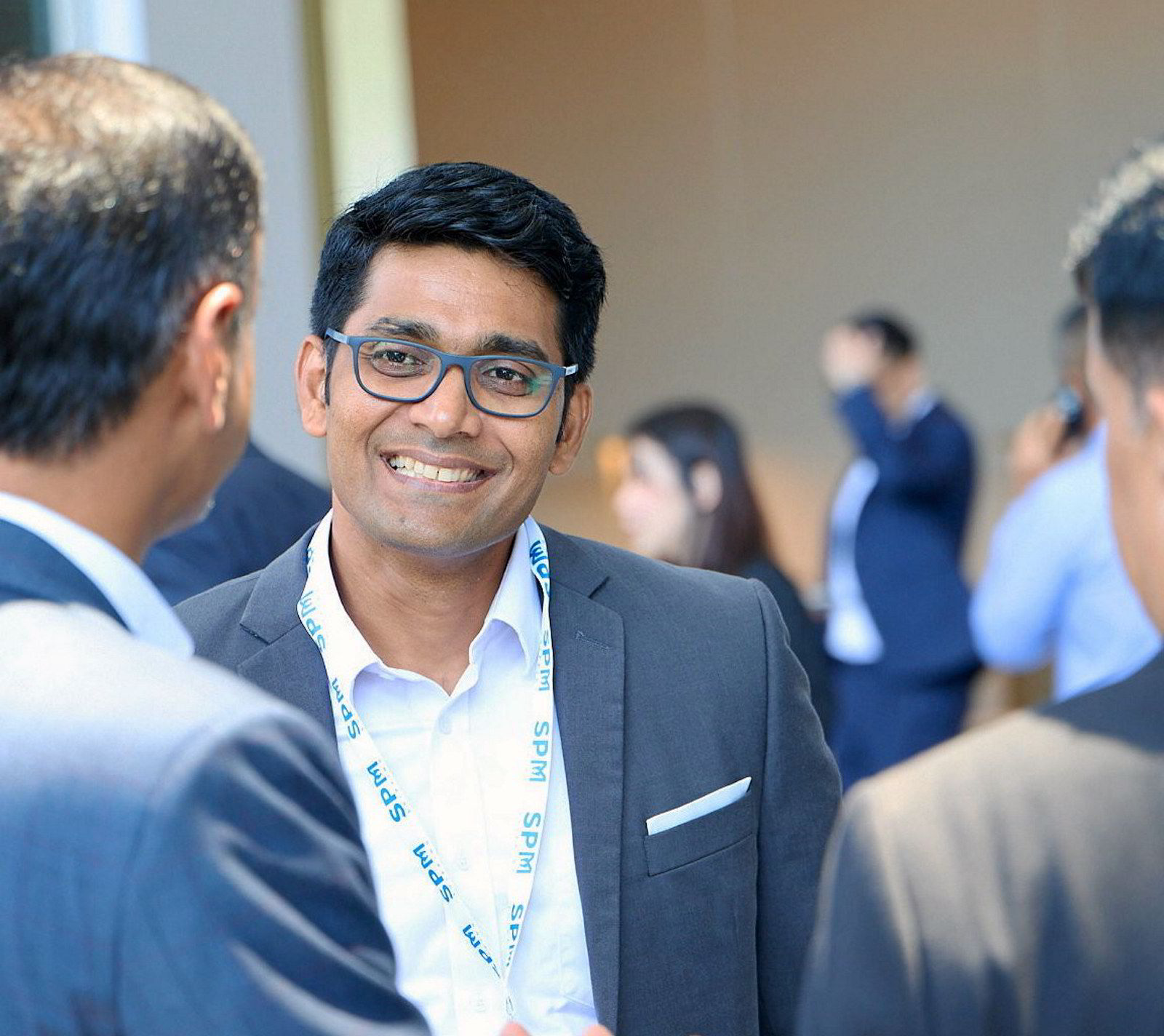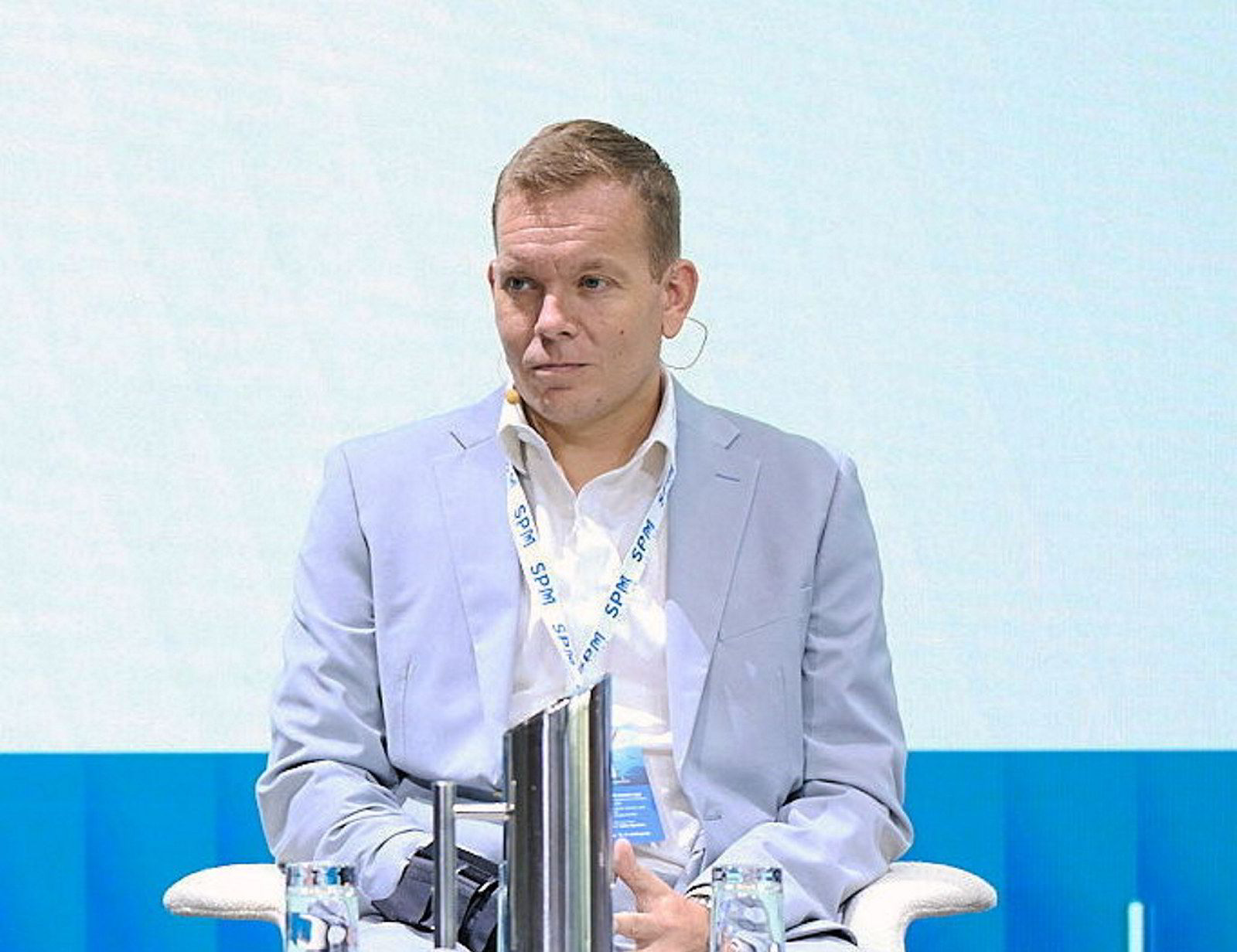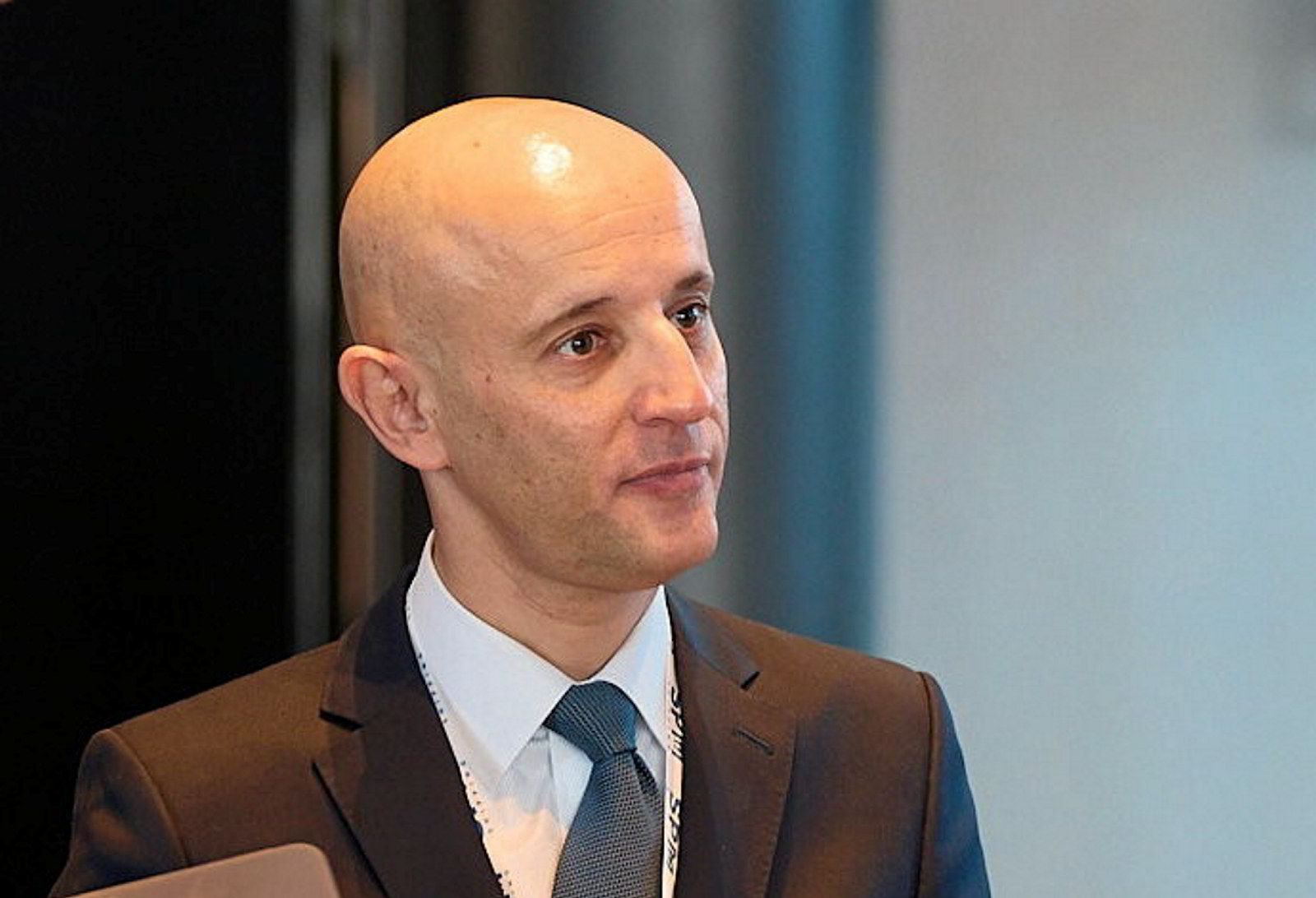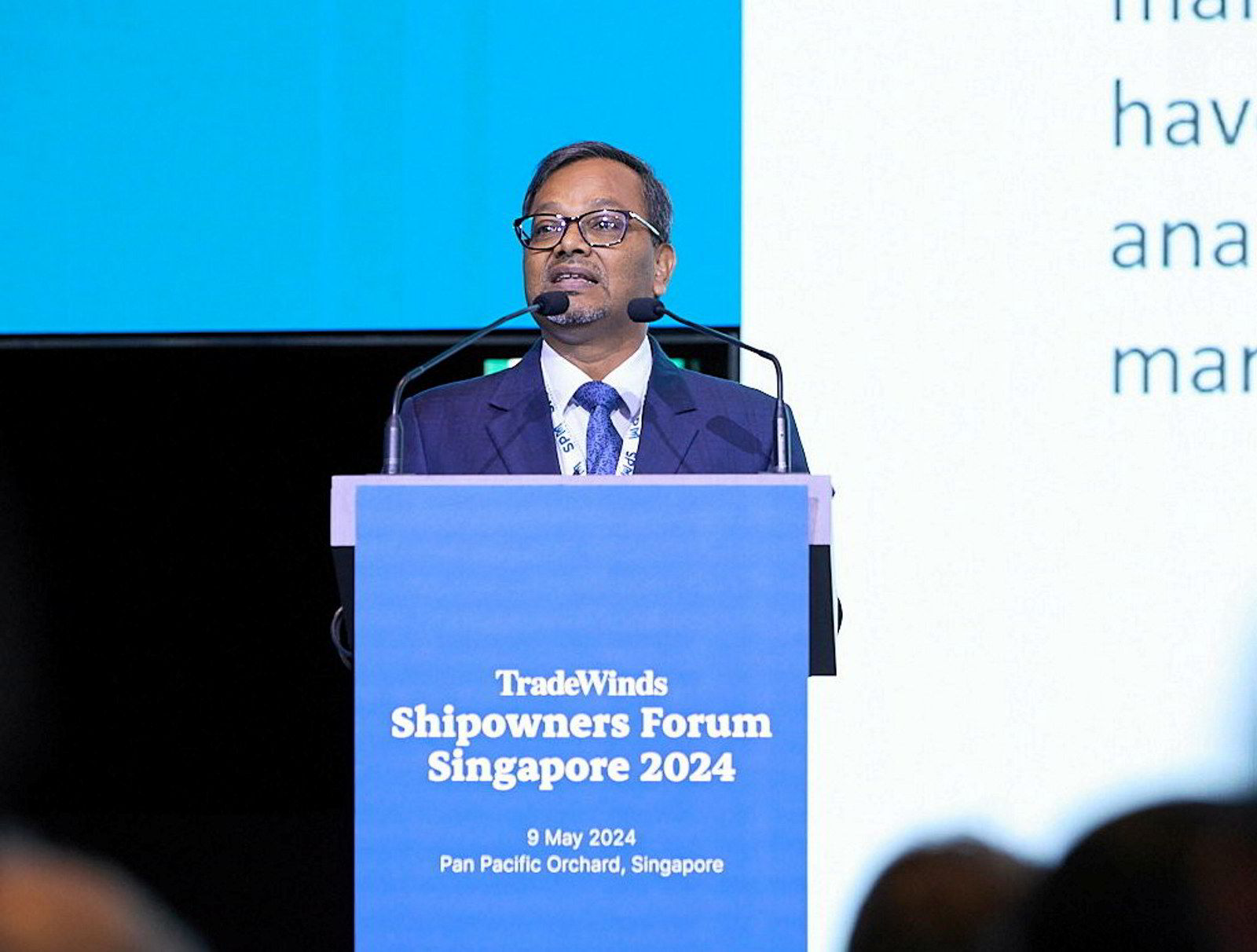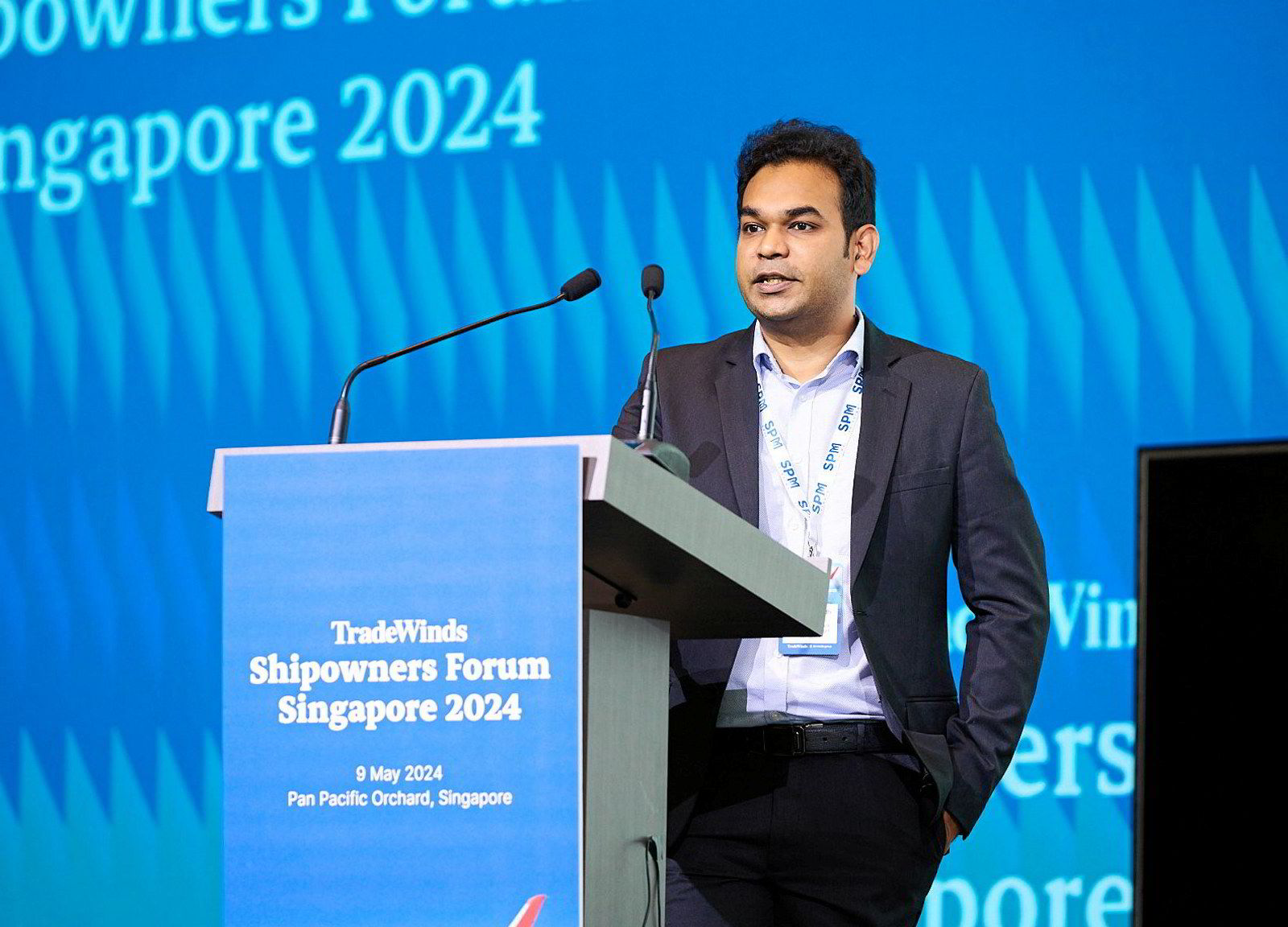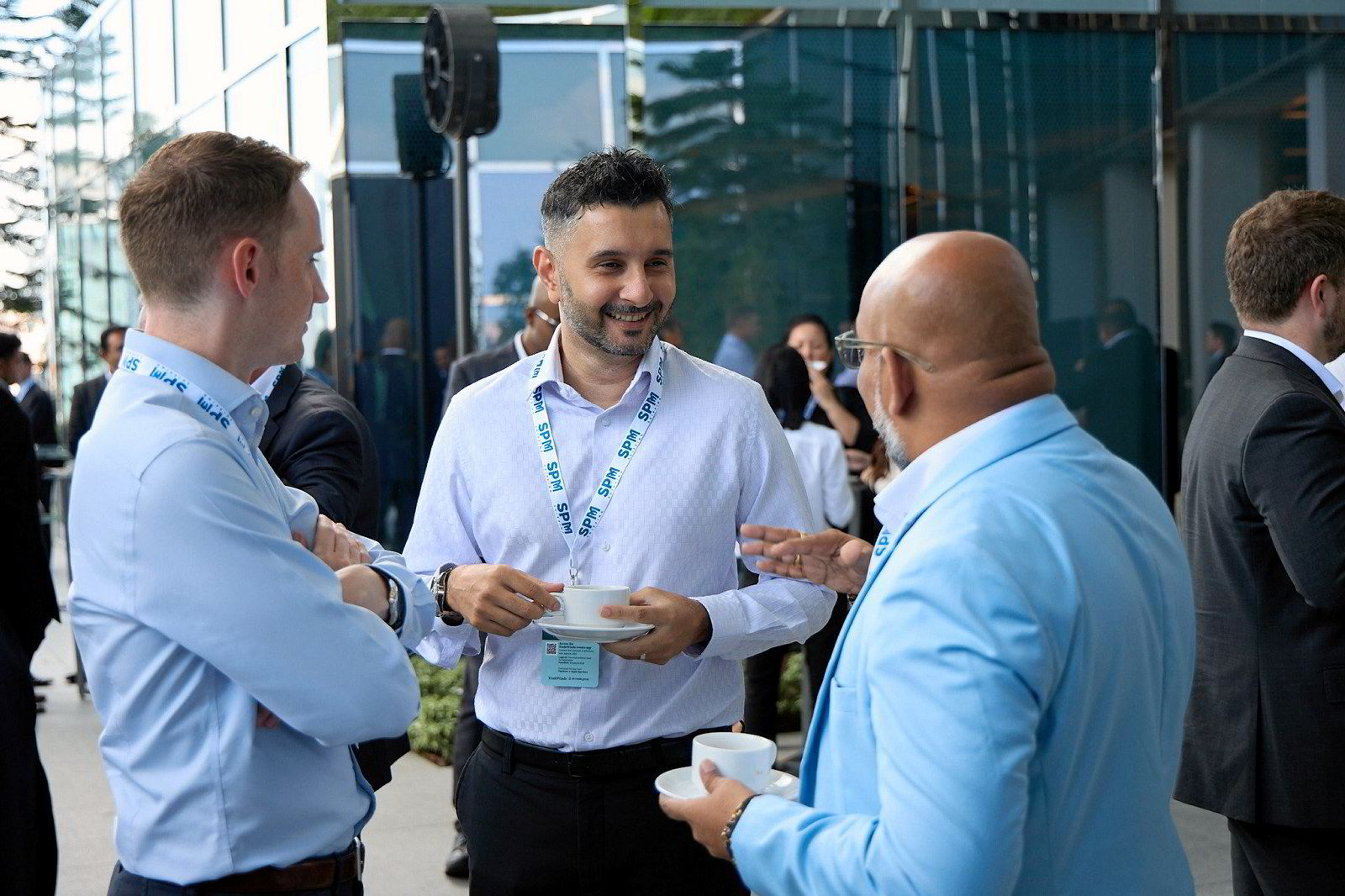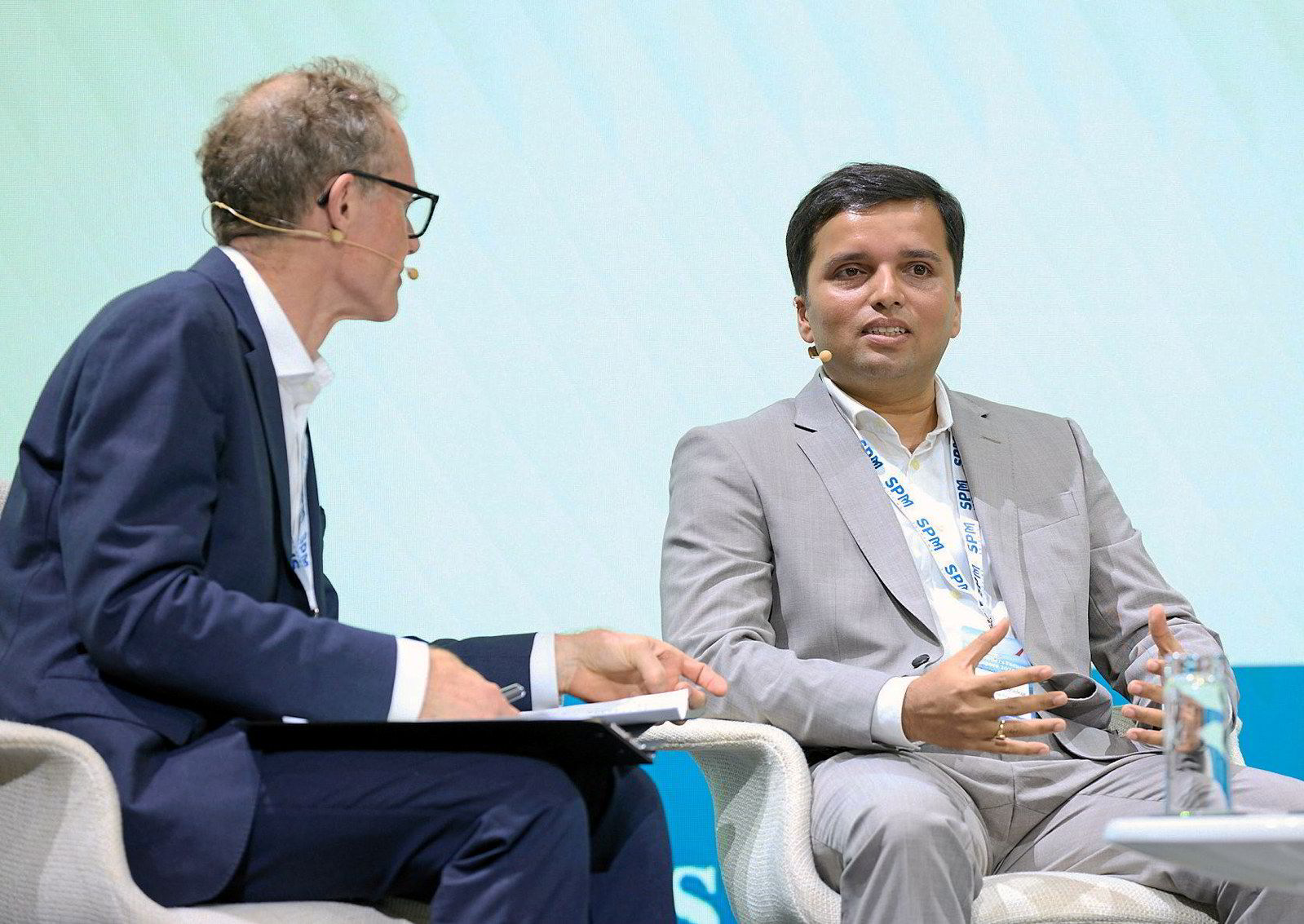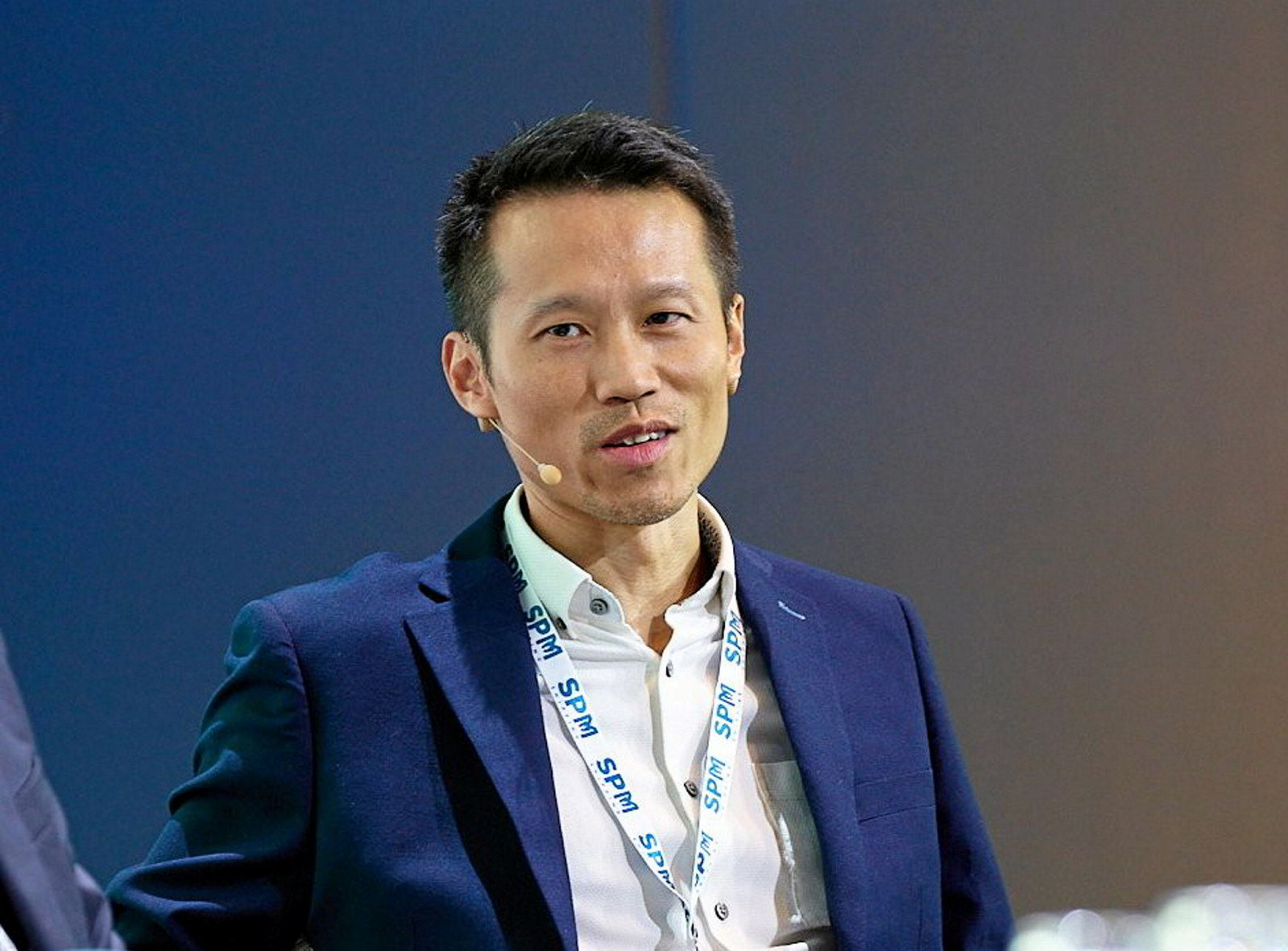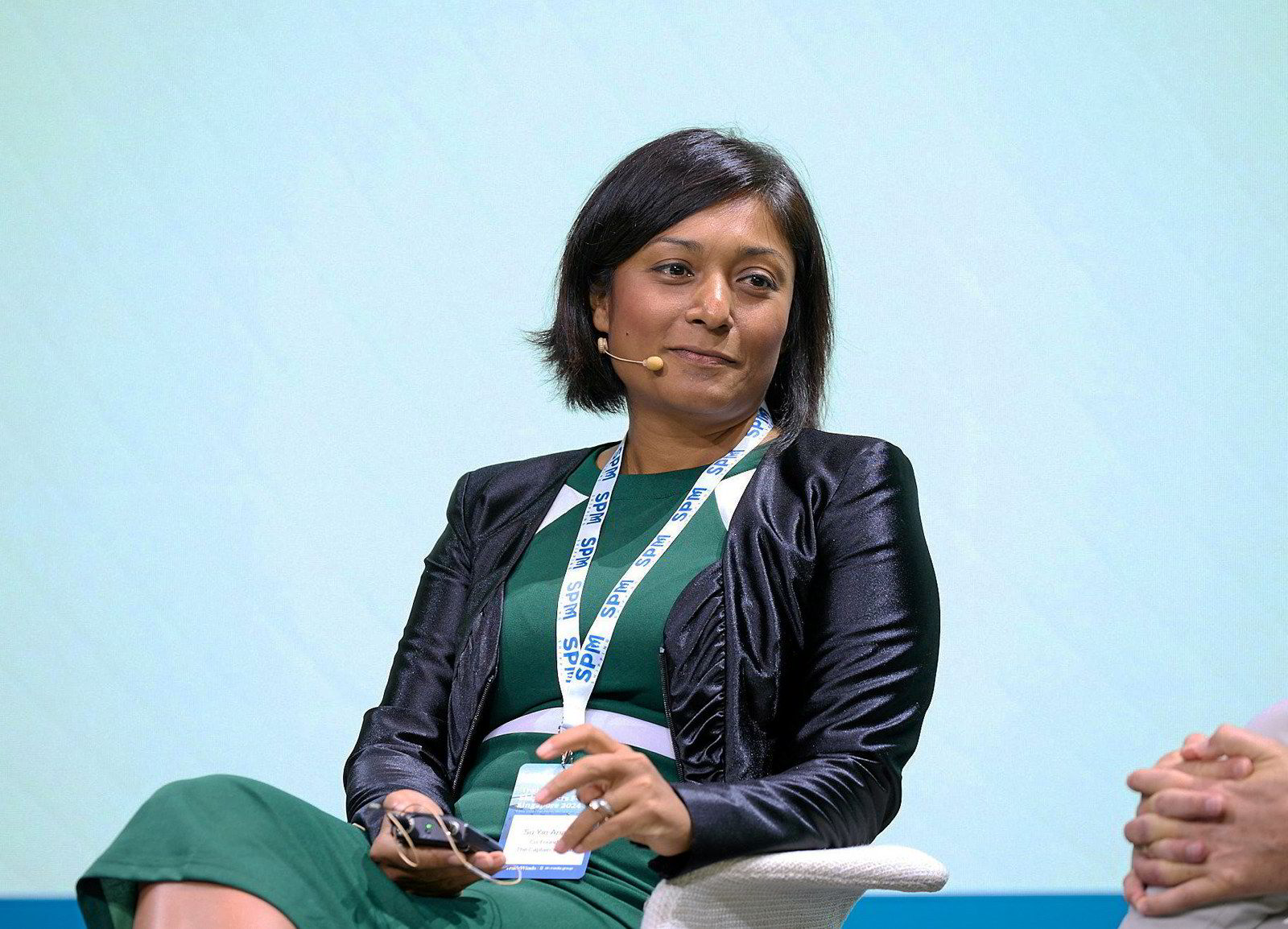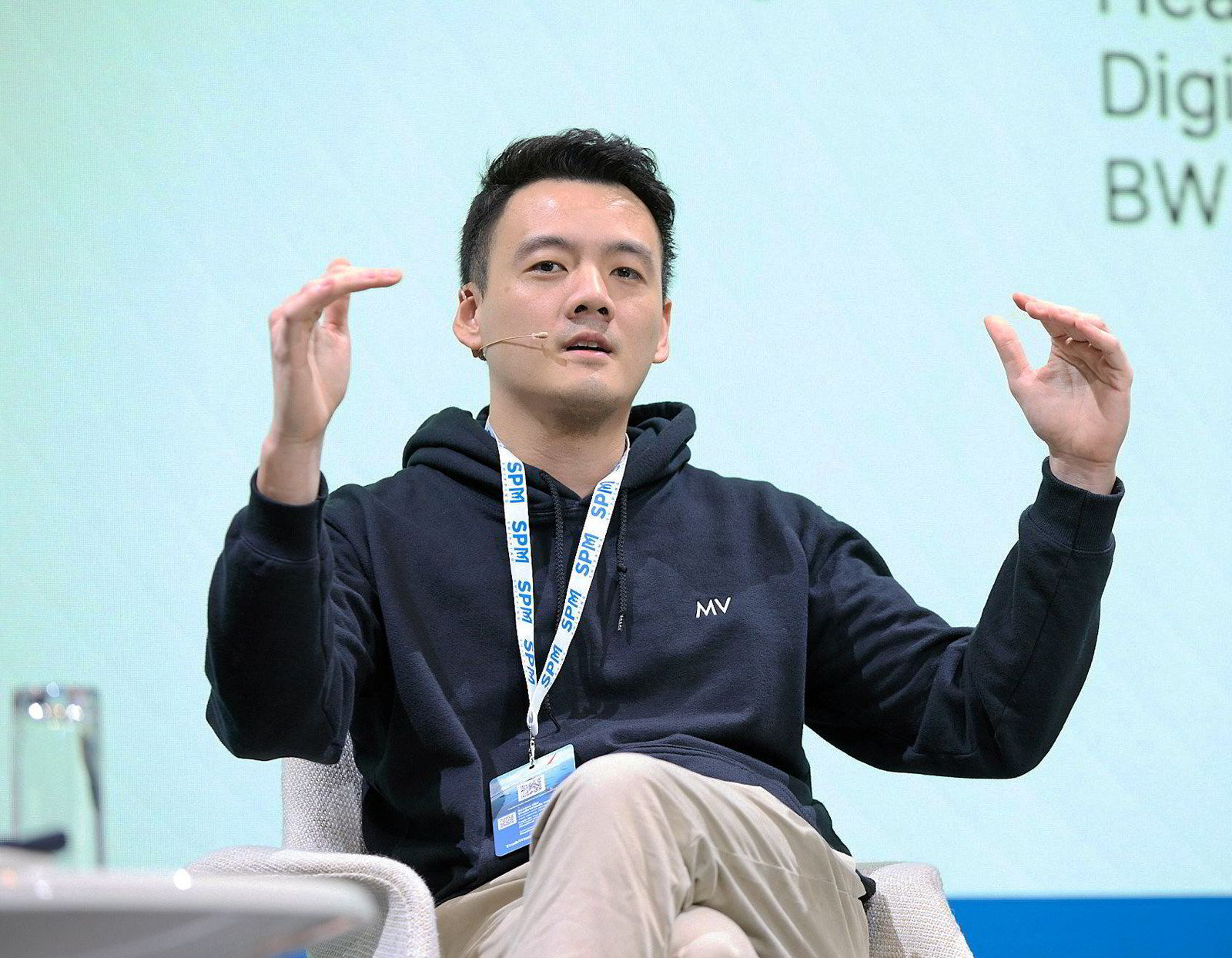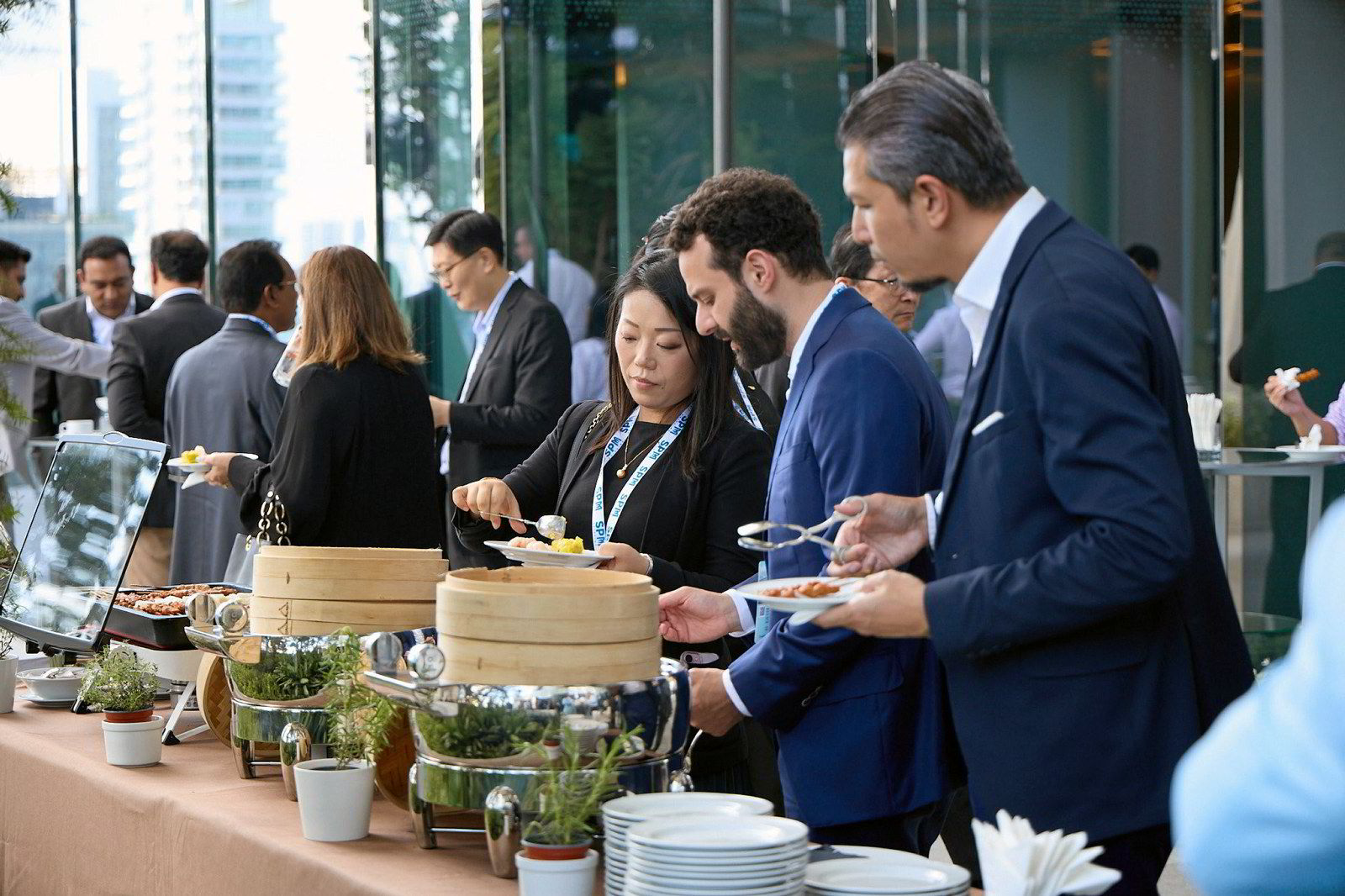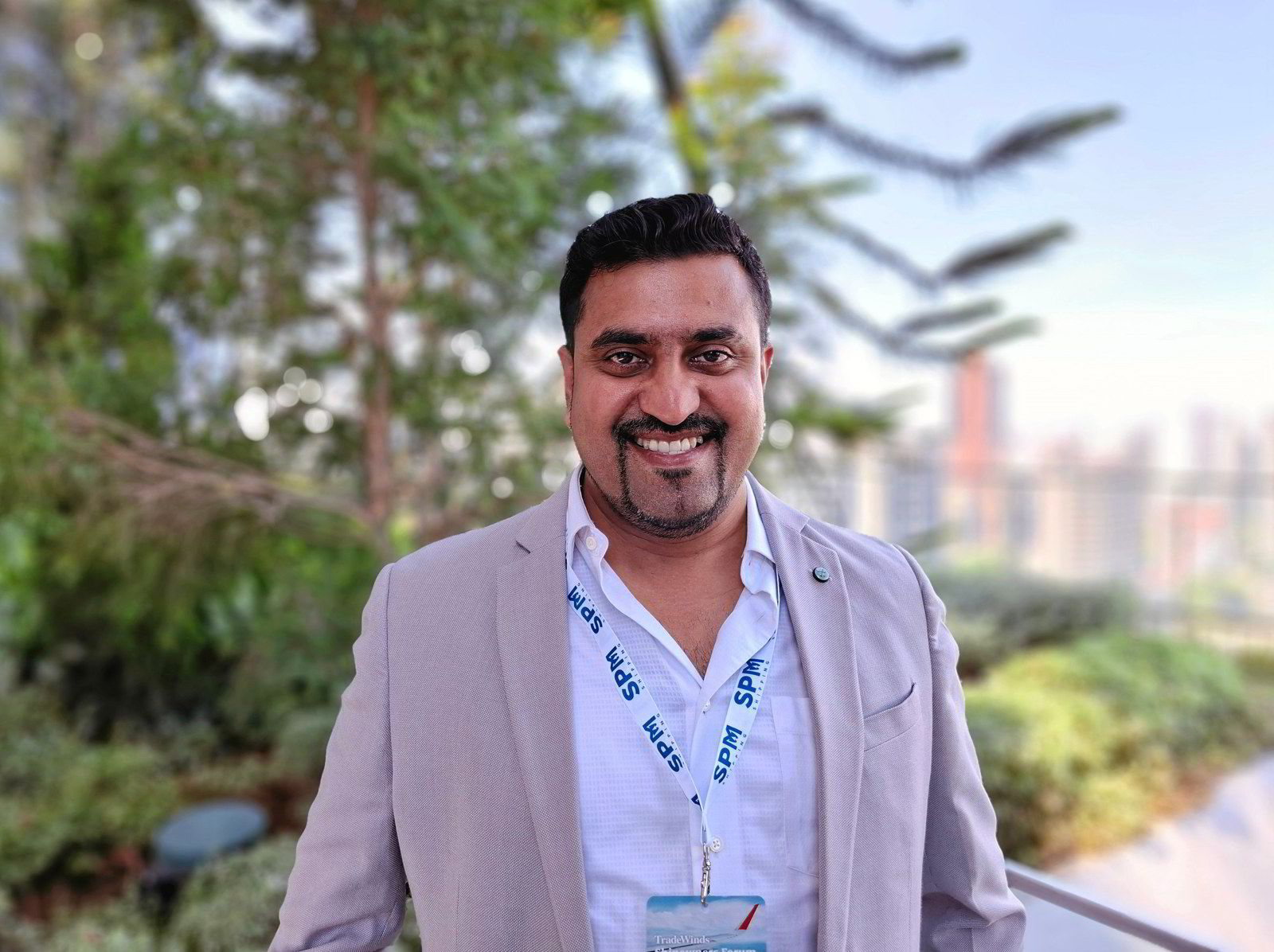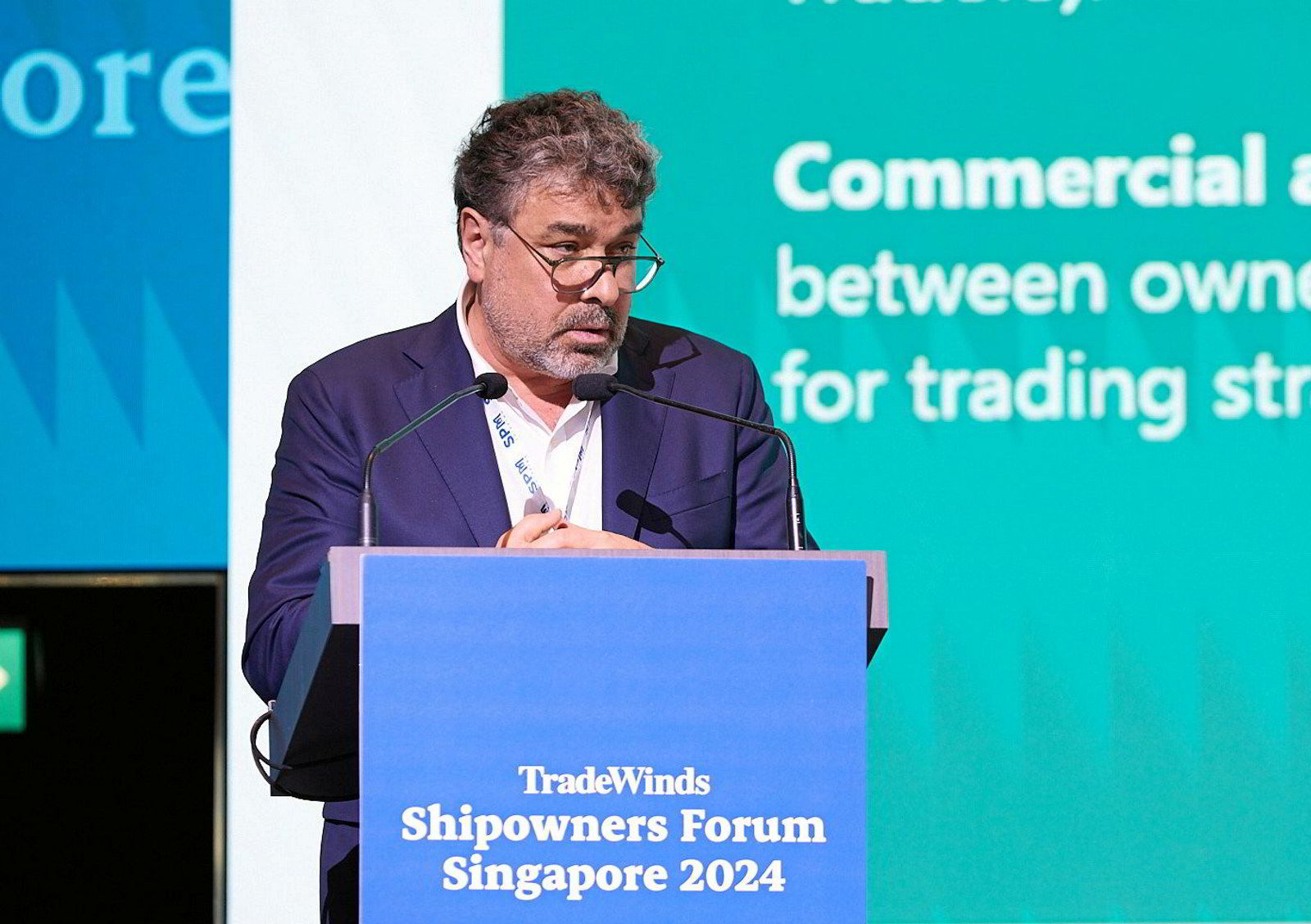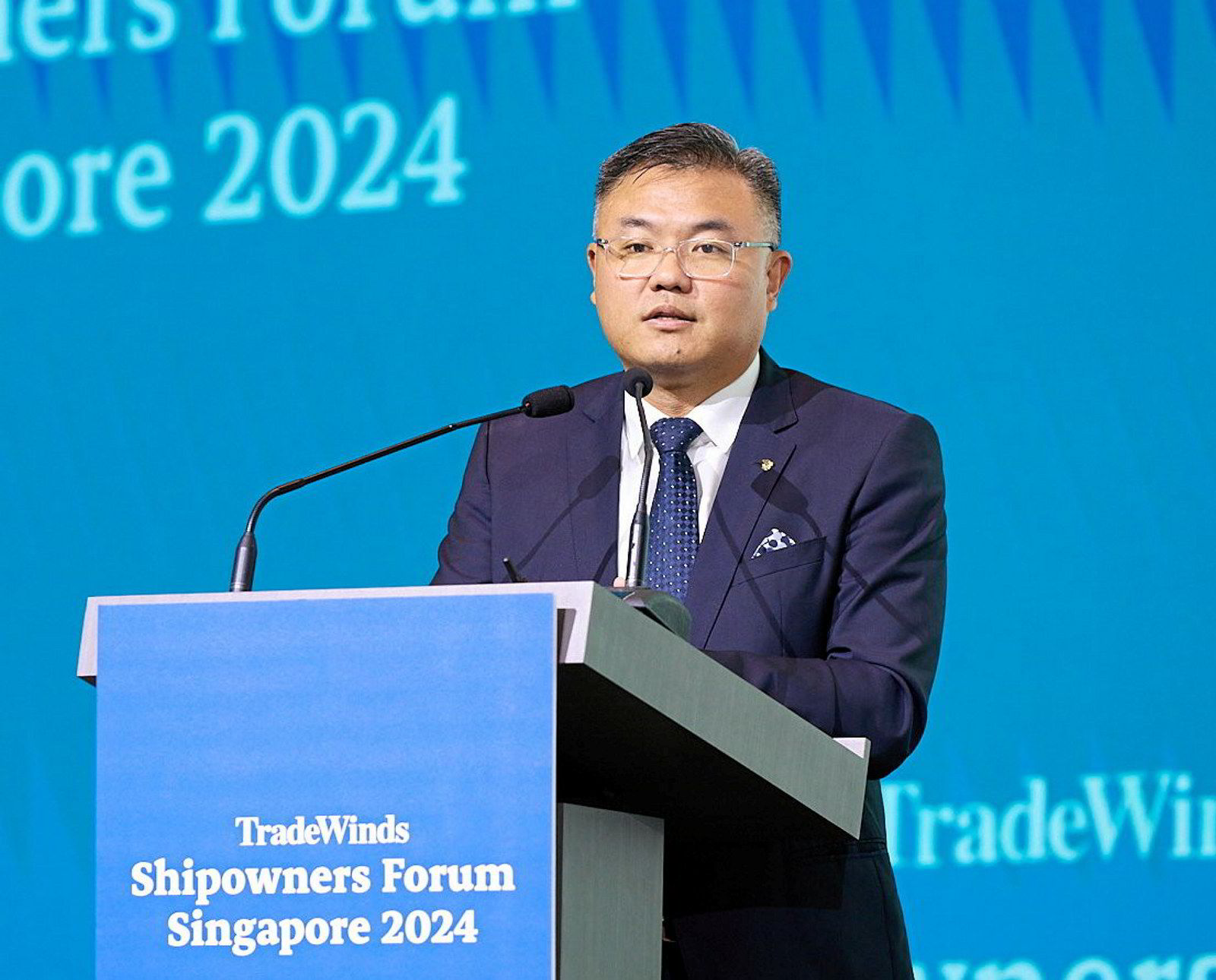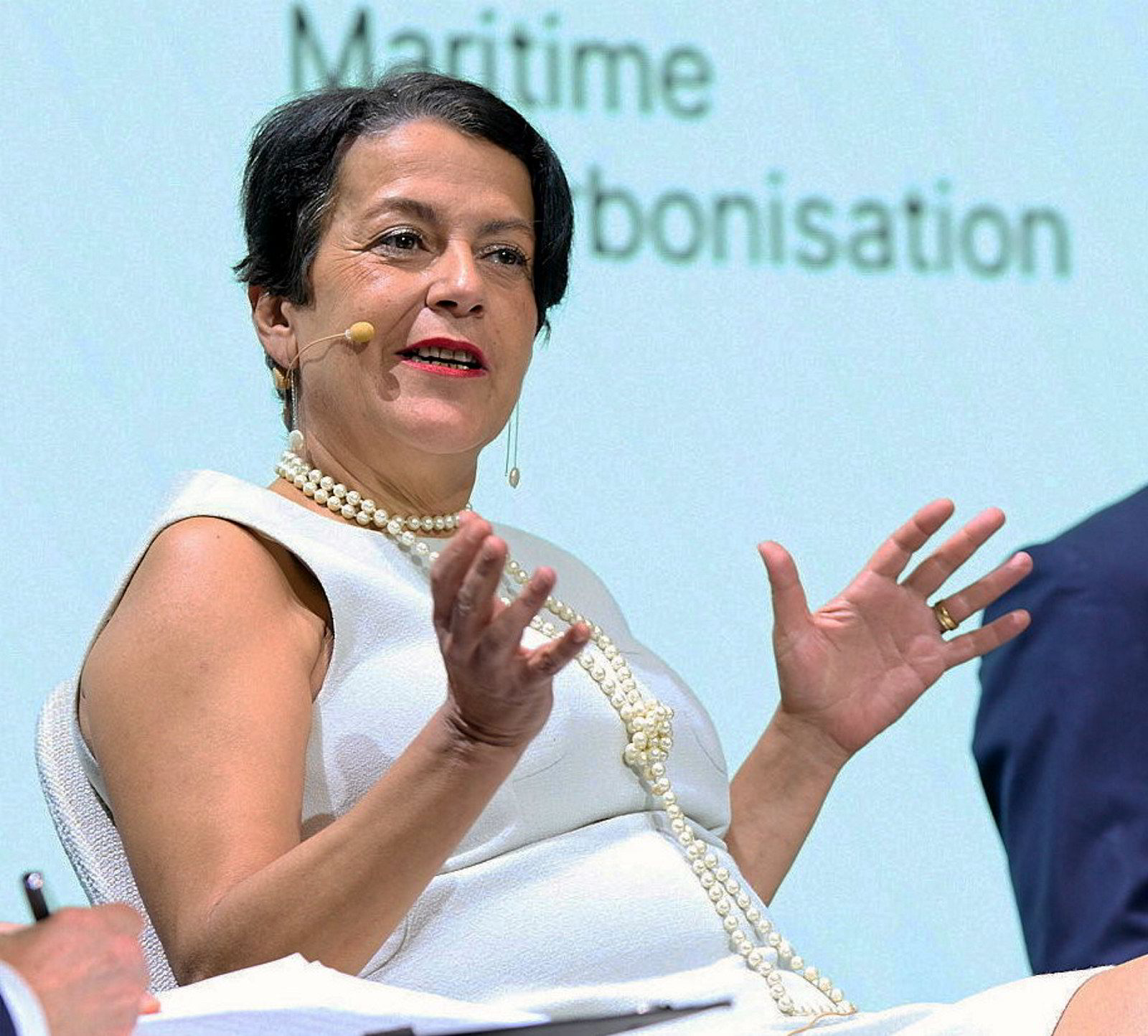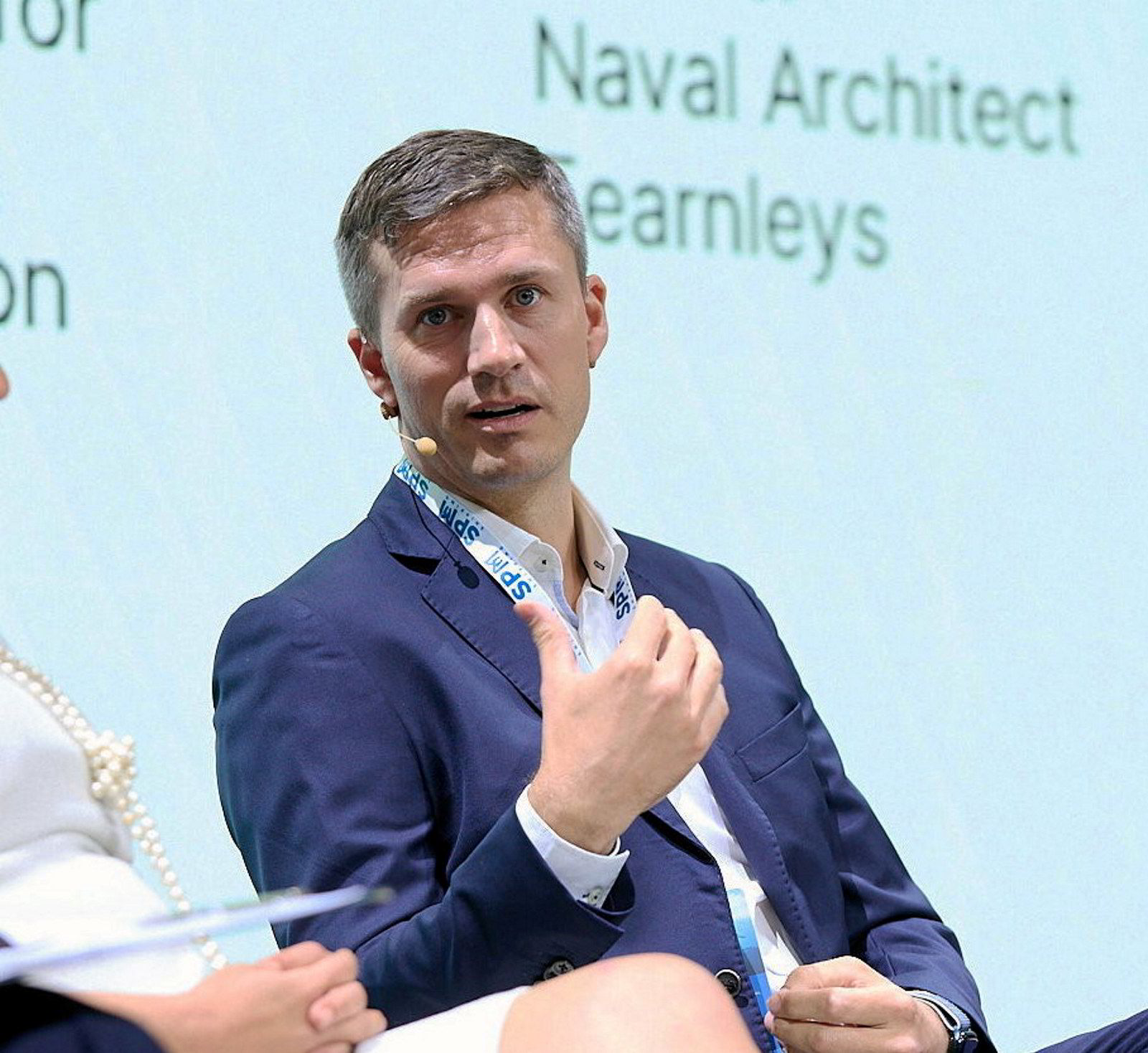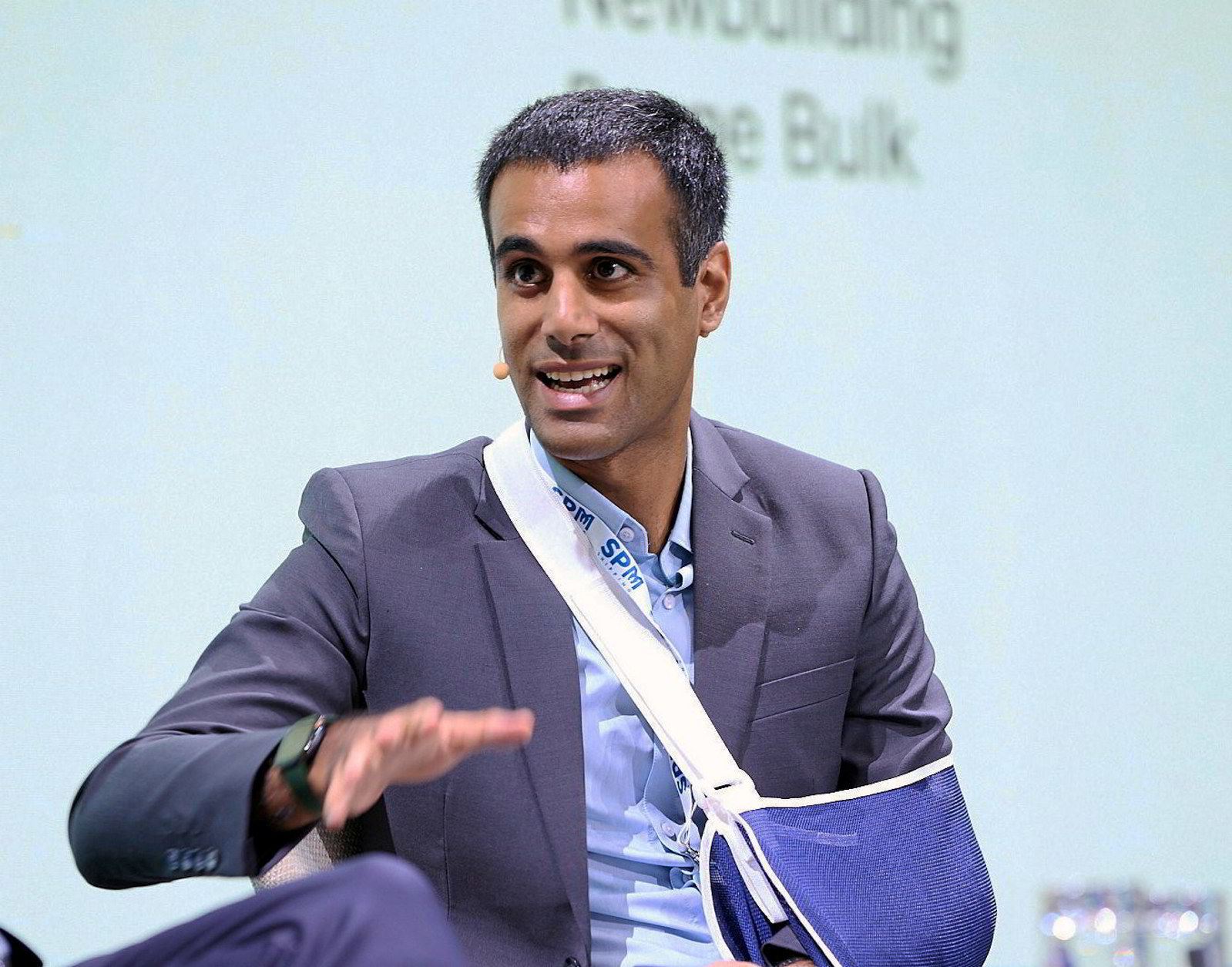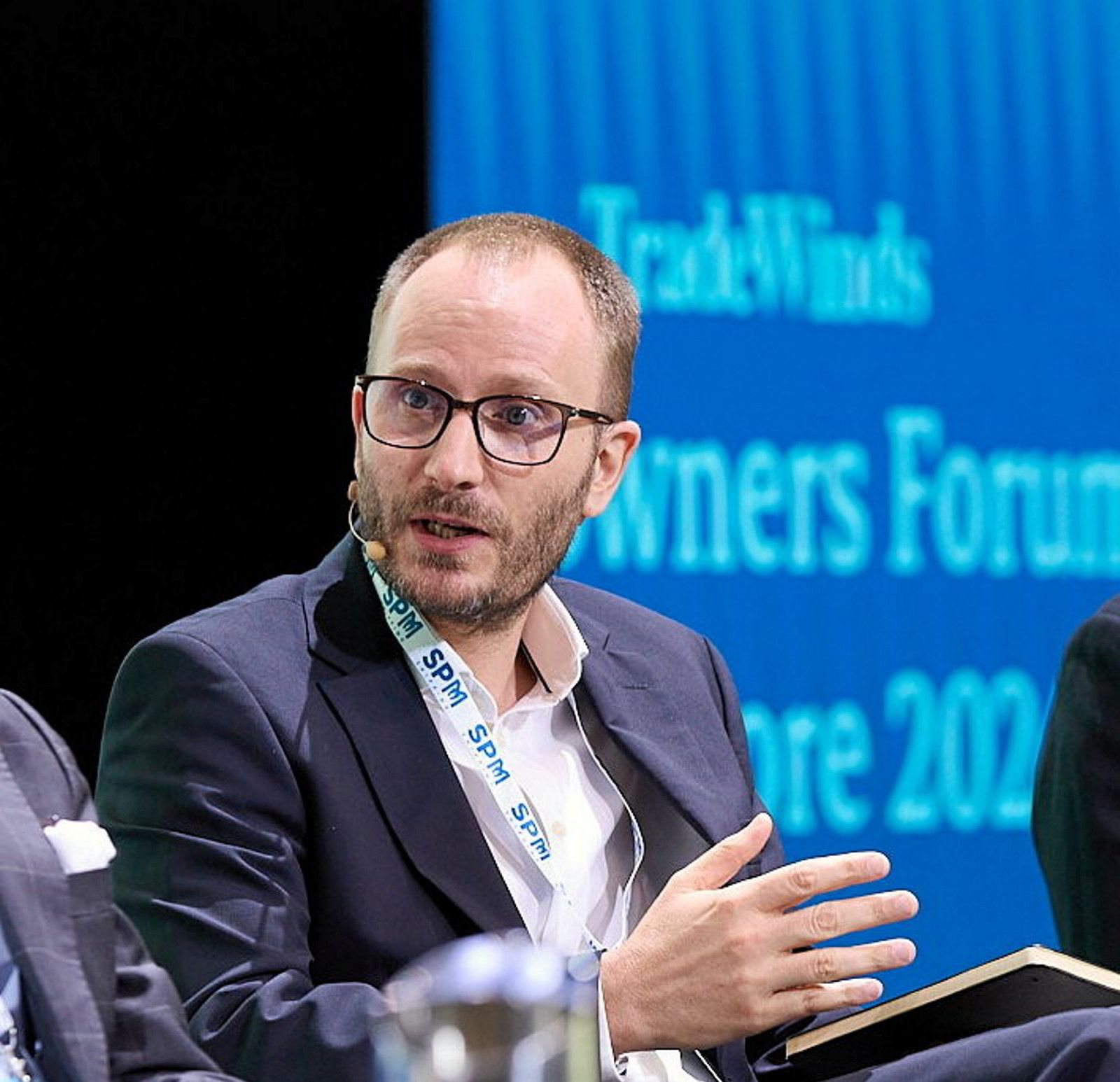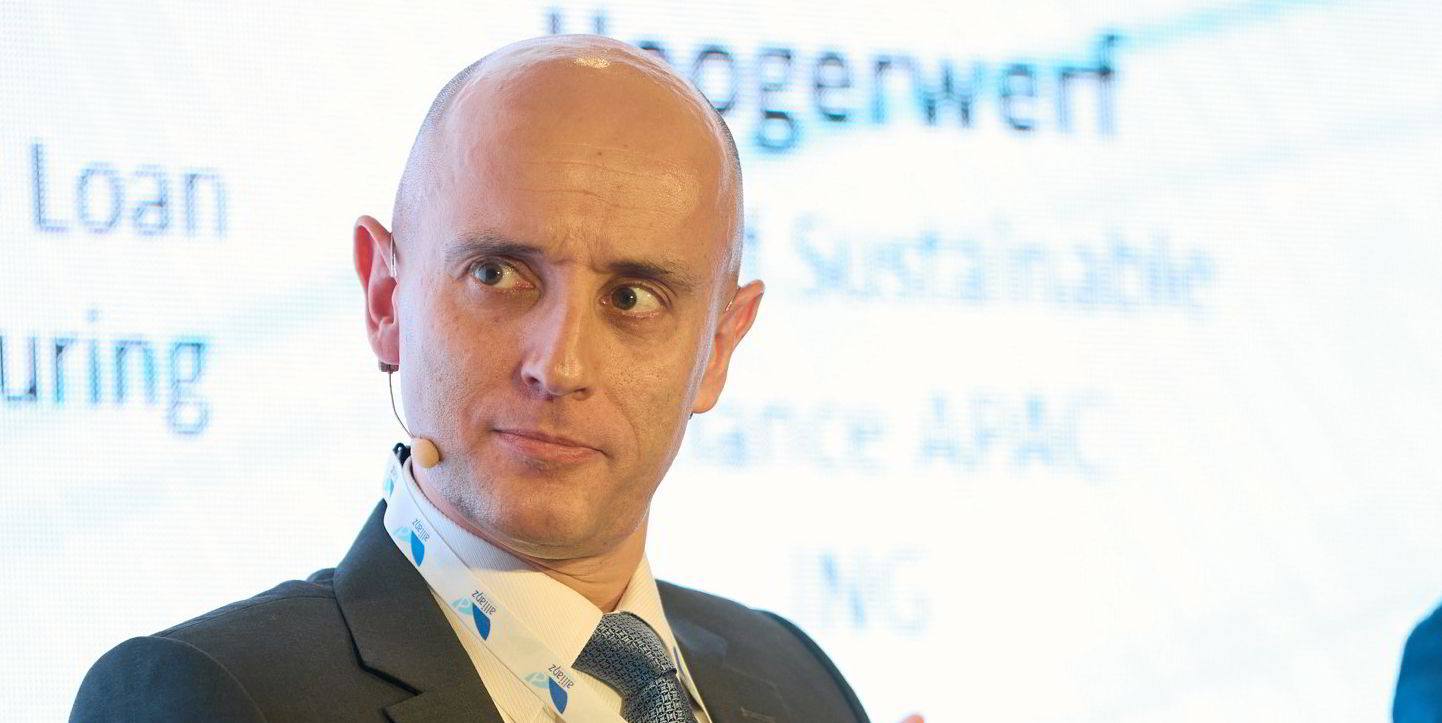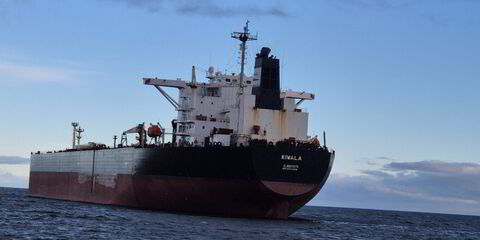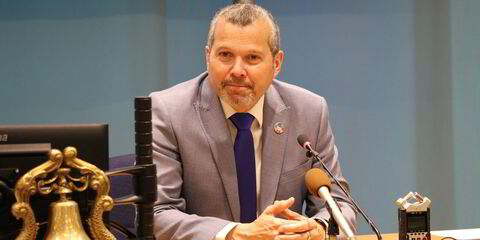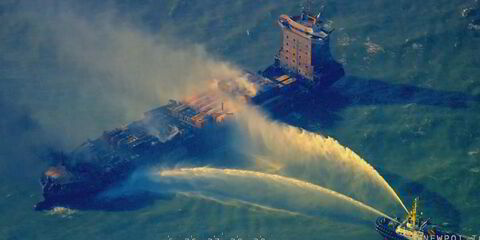Geopolitical tensions stole the limelight as hundreds of delegates rubbed shoulders at TradeWinds Shipowners Forum 2024 in Singapore on Thursday.
At no point in recent times has the world been in such a position that could accelerate into global war, with risks posed by the Ukraine war spreading through Europe, the continuing war in Gaza and the intensifying attacks on shipping in the Red Sea.
And yet the shipping markets are awash with money, as diversions and disruptions drive up demand for tonnage.
Nearly 200 delegates attended the forum at the Pan Pacific Orchard hotel where the shipping industry’s resilience to geopolitical crises was discussed extensively.
However, despite this resilience, shipping experts at the event’s many panel discussions warned that the industry needs to guard against complacency over volatility.
There is a strong need to mitigate the risks, which are growing at an ever-increasing pace, they said.
“The industry is becoming more complex,” said Peter Lye, mining giant Anglo-American’s head of marketing, shipping and safety.
Aurora Tankers managing director Dexter Say warned that “the chips we are playing with are significantly higher” because of complex sanctions regimes and the growing risks of sending seafarers into high-risk zones.
“There are open sanctions, and there are moral sanctions,” Say said.
Lye said Anglo-American was watching the Red Sea situation closely, carefully examining how to place cargoes and what trades could be at risk.
He stressed: “No one should get hurt moving our cargo.”
Mark Cameron, Ardmore Shipping’s chief operating officer and managing director for Asia, highlighted that an estimated 17,500 seafarers working on “dark fleet” ships engaged in sanctions-busting trades were also at accelerated risk.
“They are working on ships operating without proper P&I [protection and indemnity insurance],” he said.
Jotaro Tamura, managing director of Mitsui OSK Line (Asia Oceania), said that despite these risks, there was no need to be negative.
“The key is how adaptable and flexible you are,” Tamura said.
“It is about how to run an agile organisation with the ability to change direction,” Torvald Klaveness head of dry bulk Michael Jorgensen said.
Gerard Ang, Australian miner BHP’s head of maritime iron ore, stressed that while businesses cannot control geopolitical events, they need to focus on things they can control to build resilience across their entire supply chains.
As for the potential return of Donald Trump as US president, Jorgensen expressed a sanguine view.
“Trump is definitely manageable — we’ve done it before,” he said.
